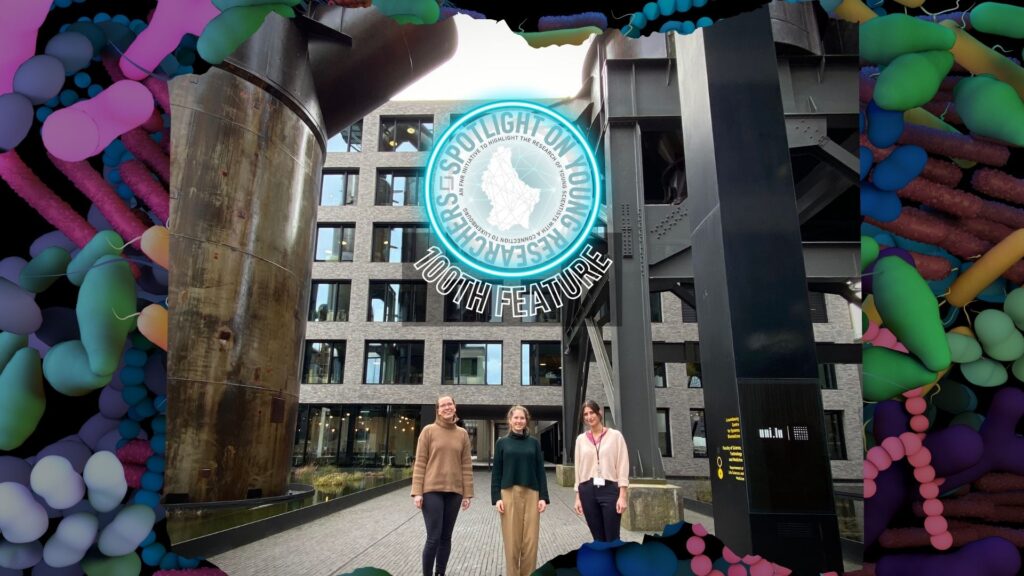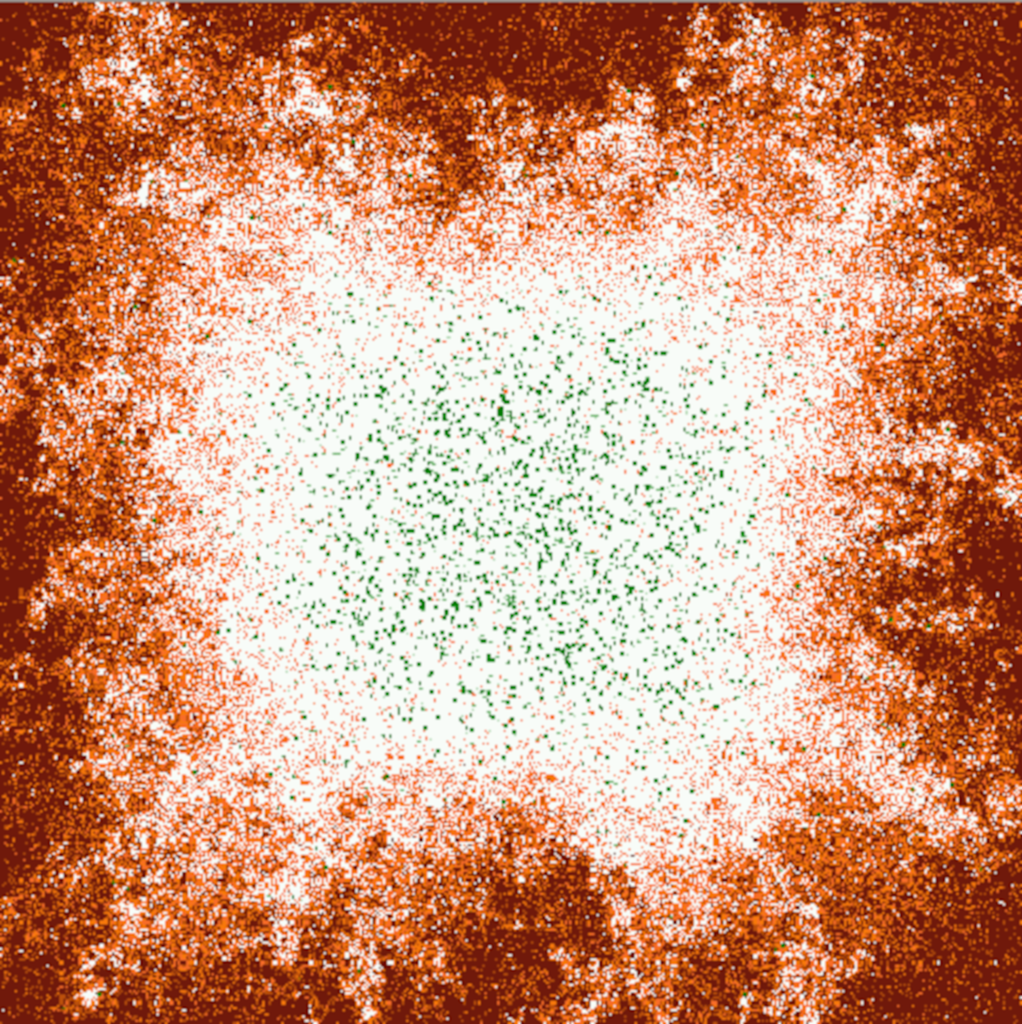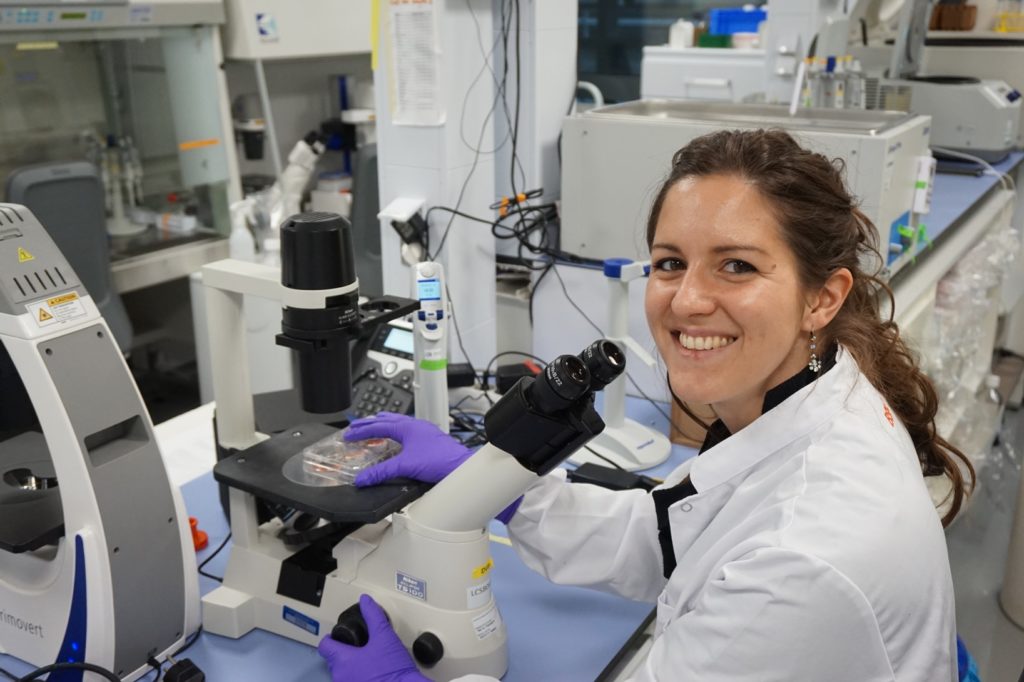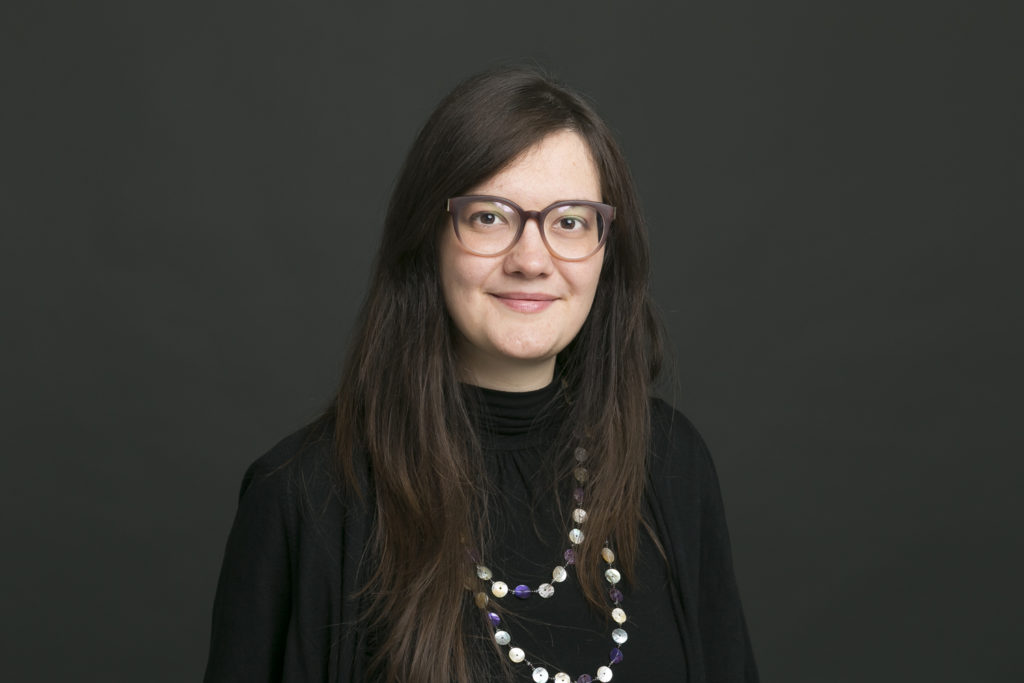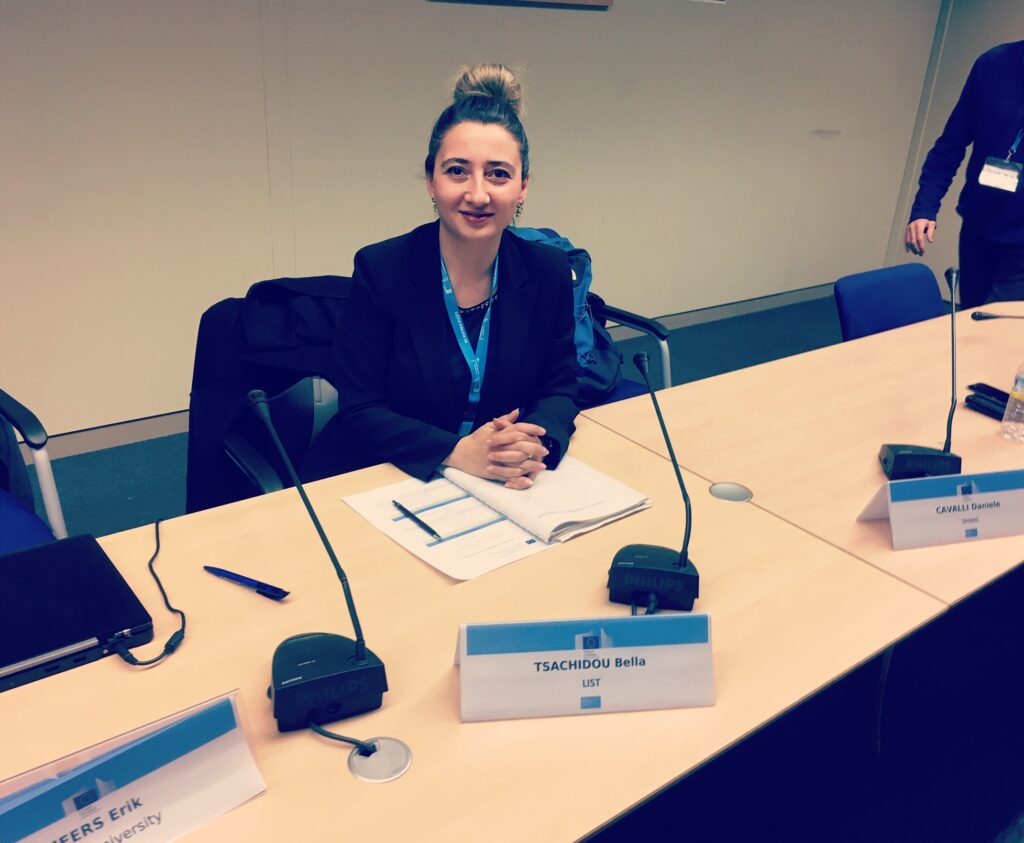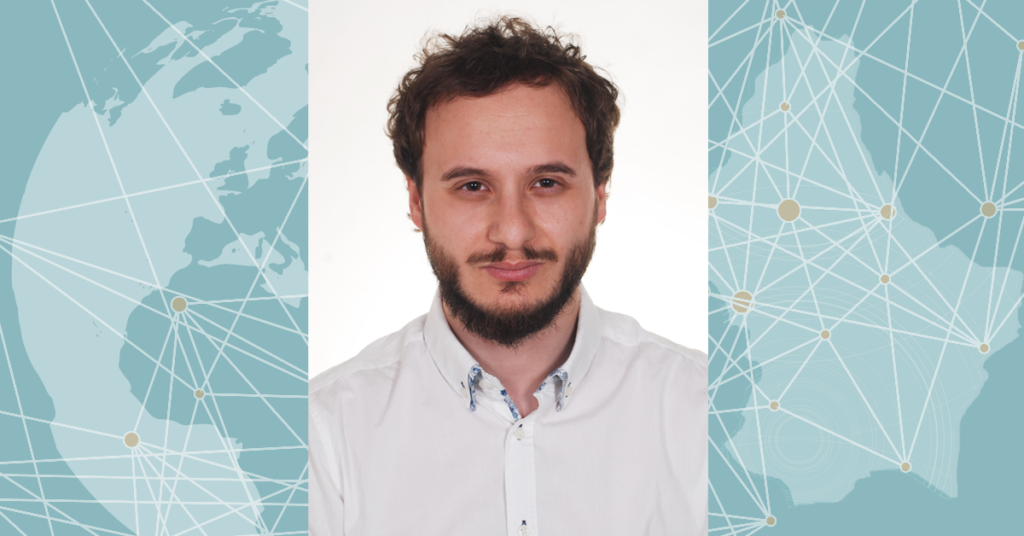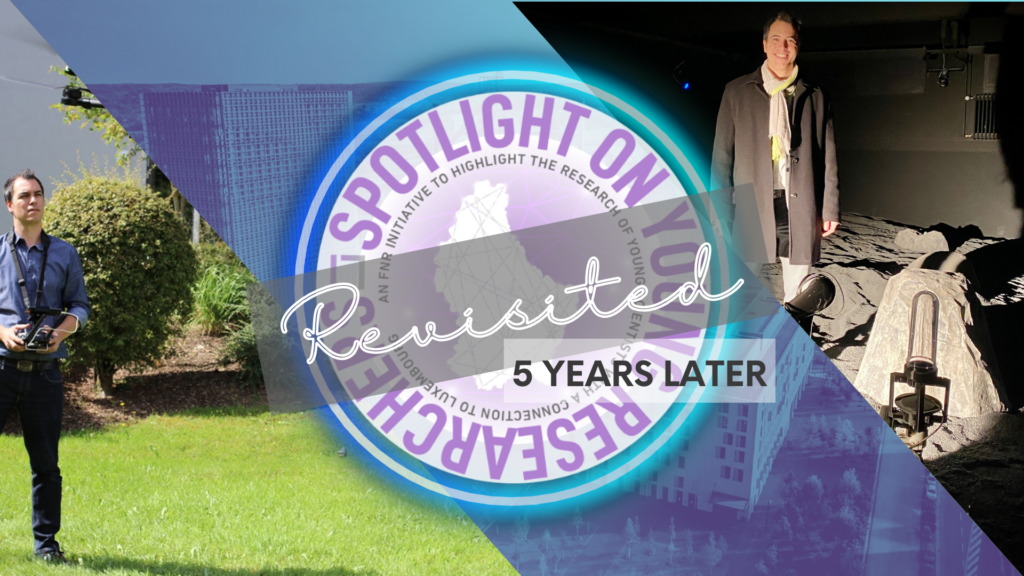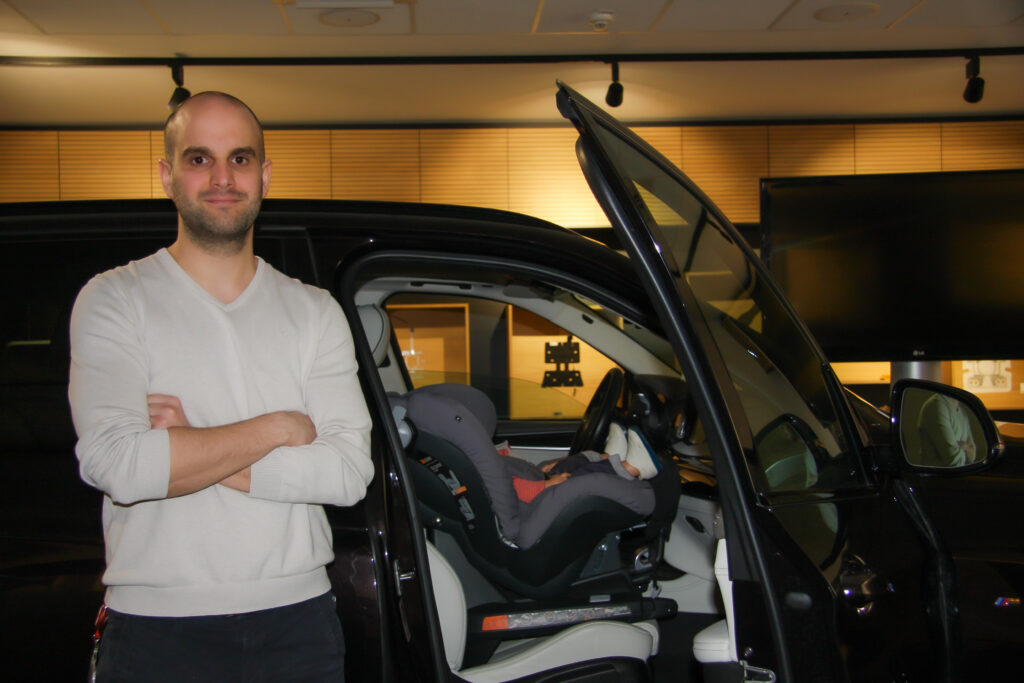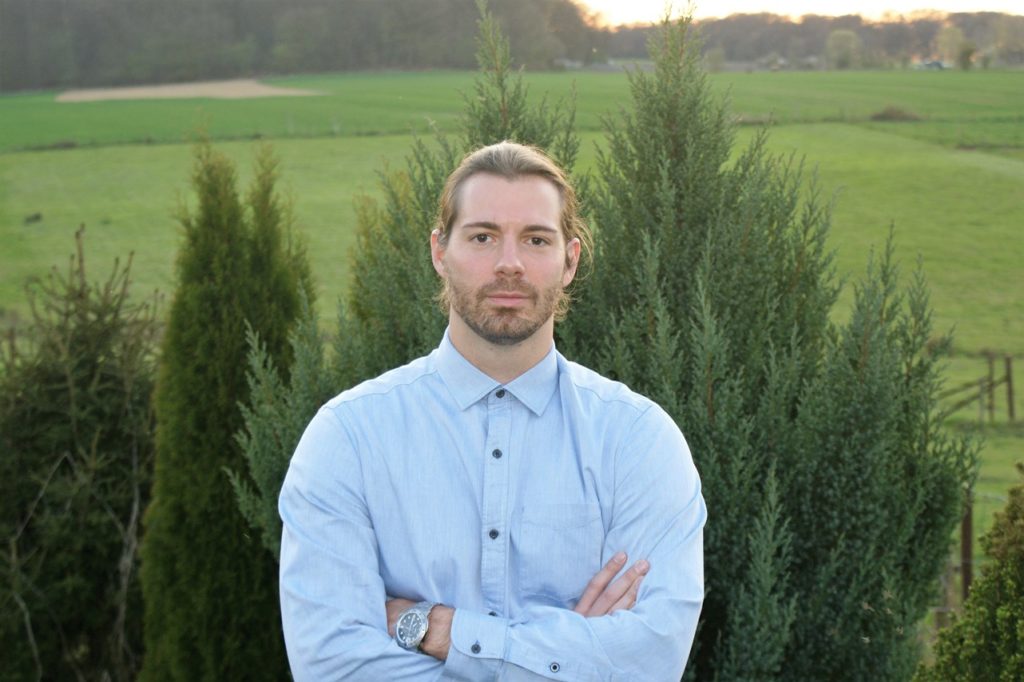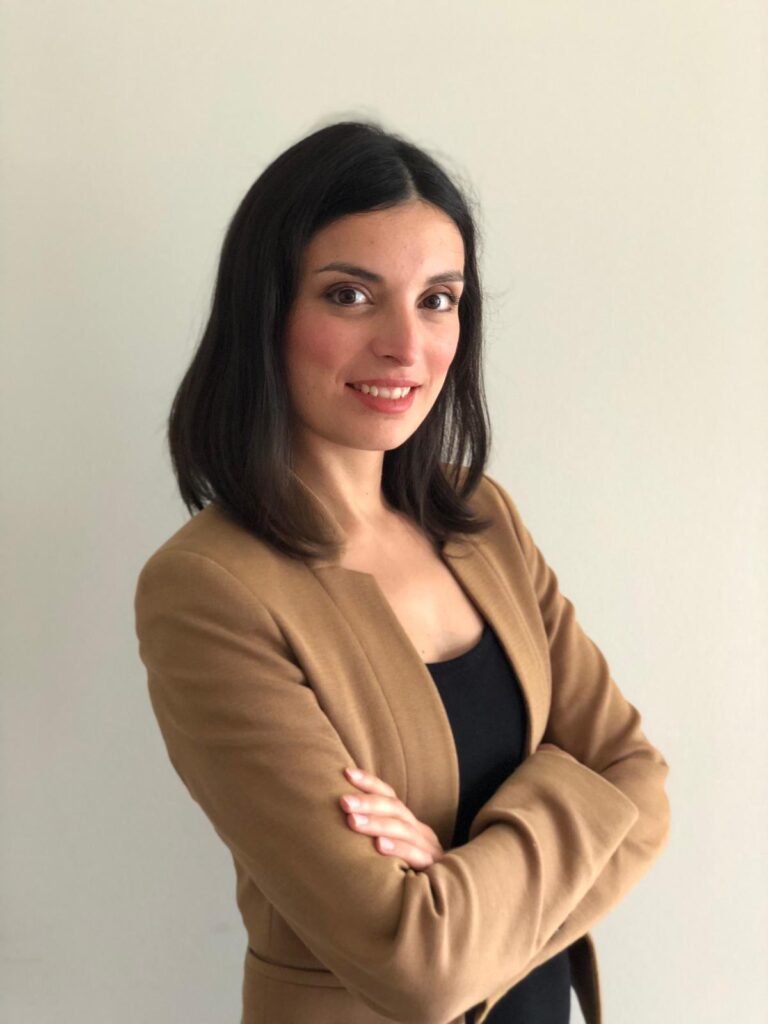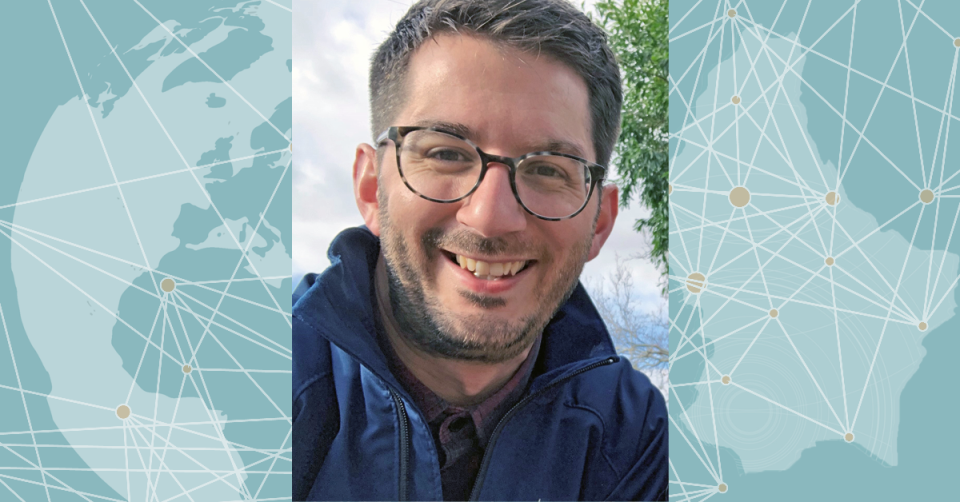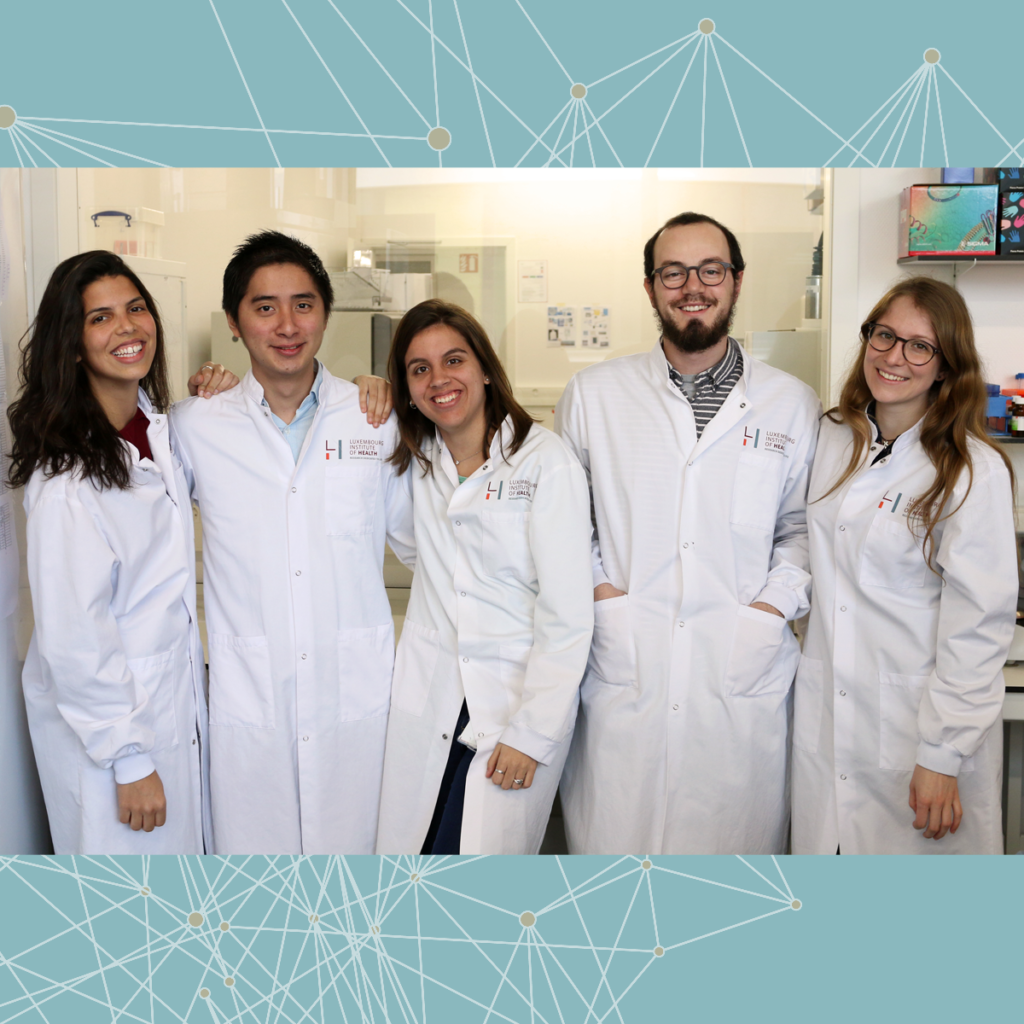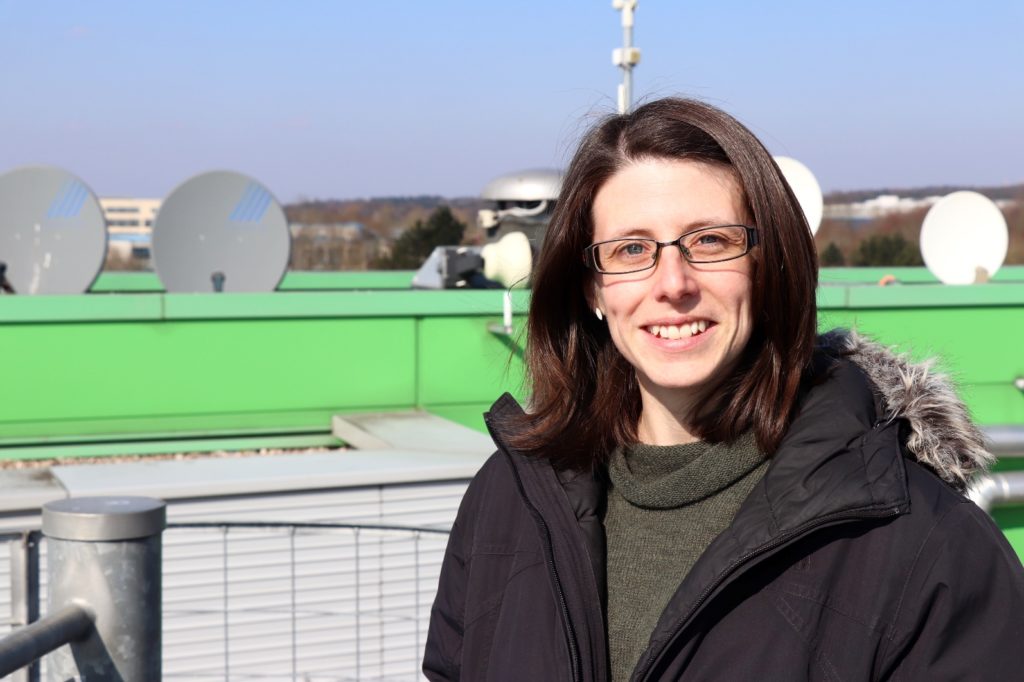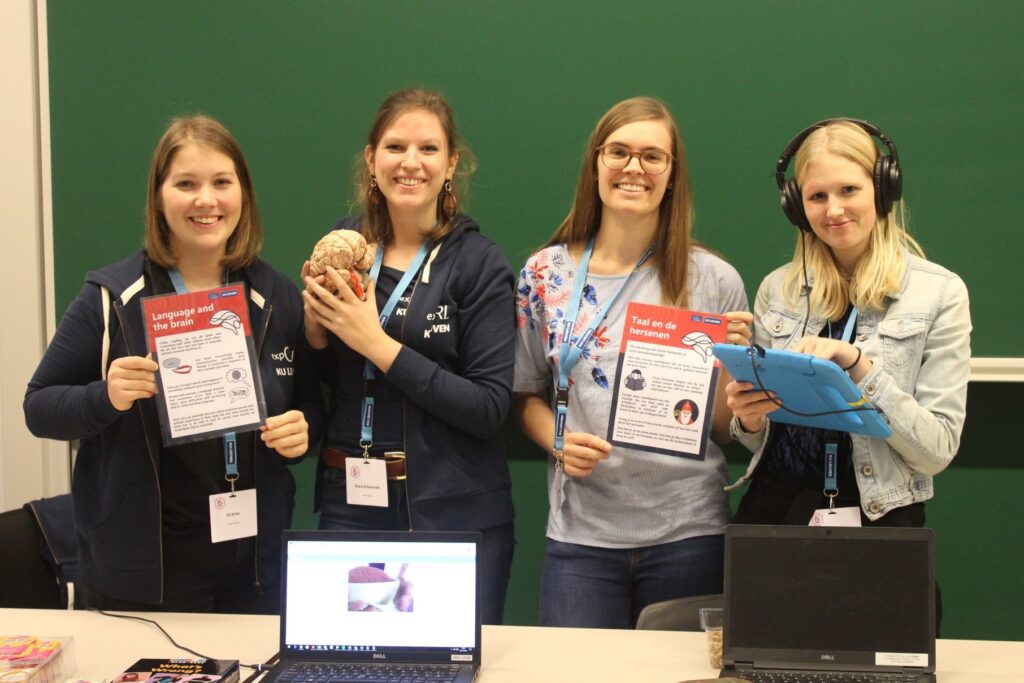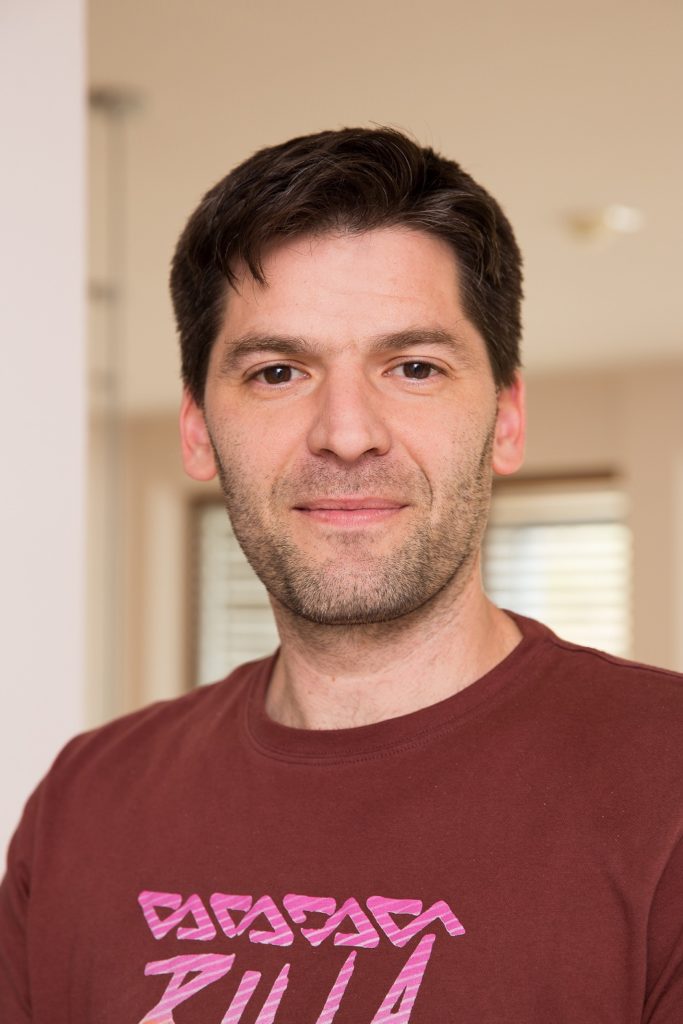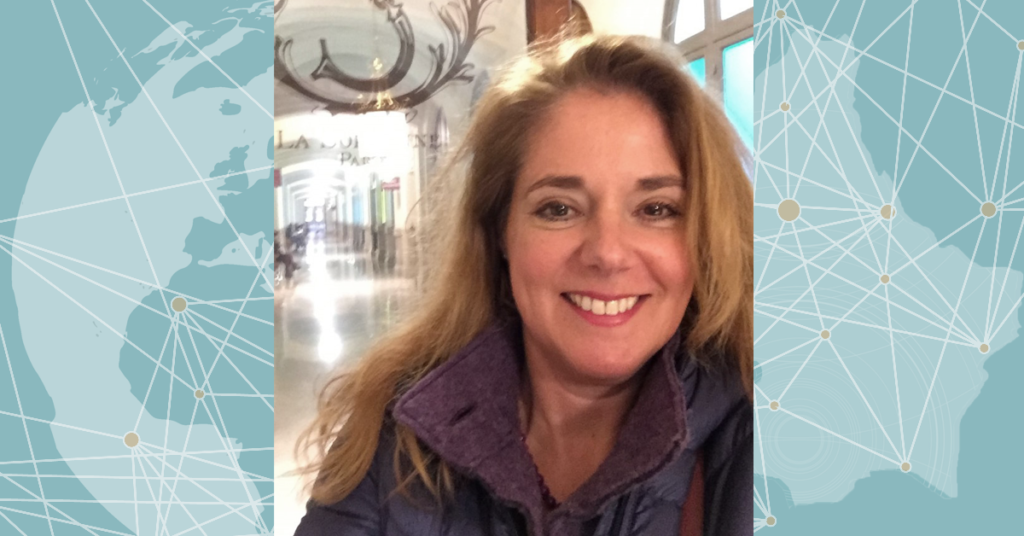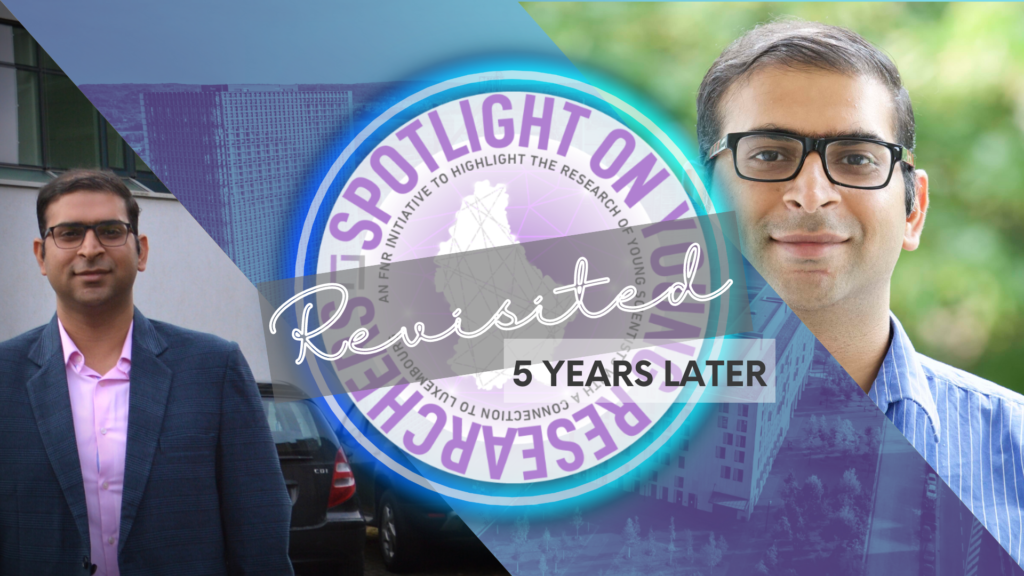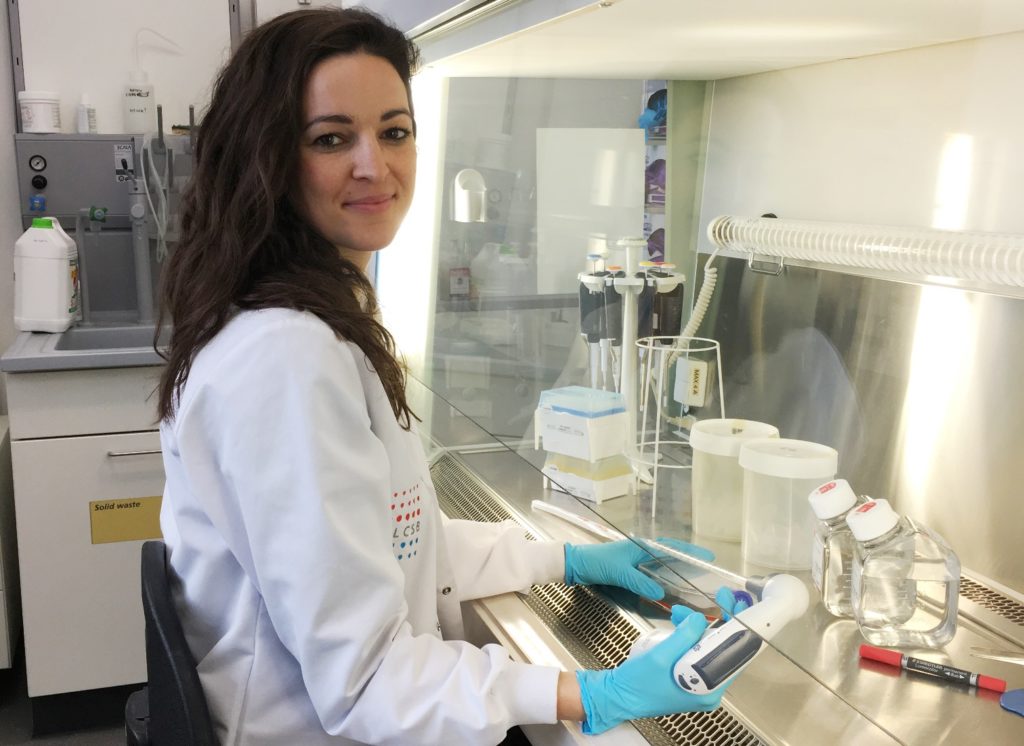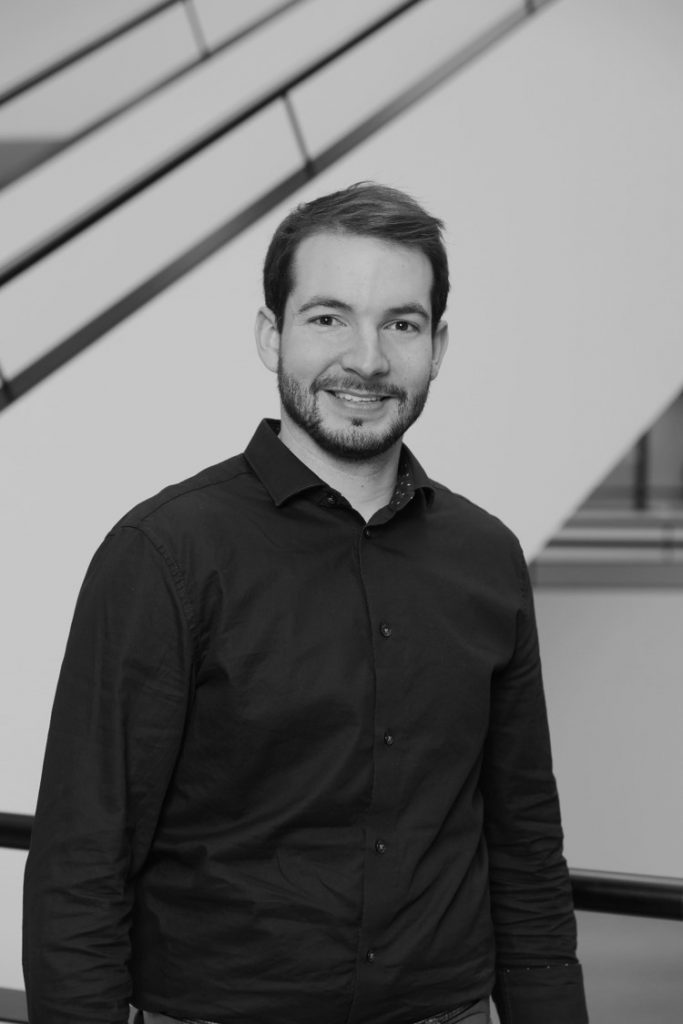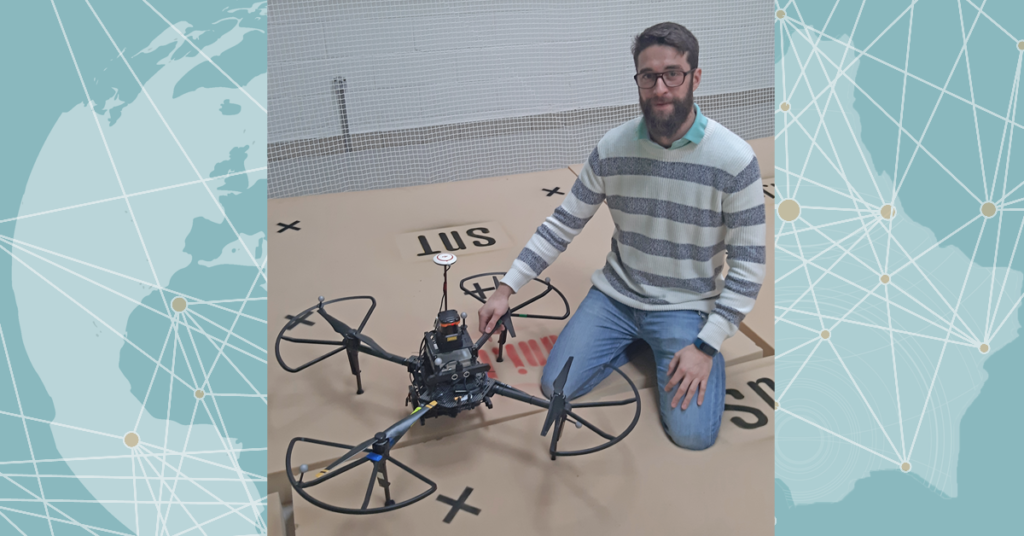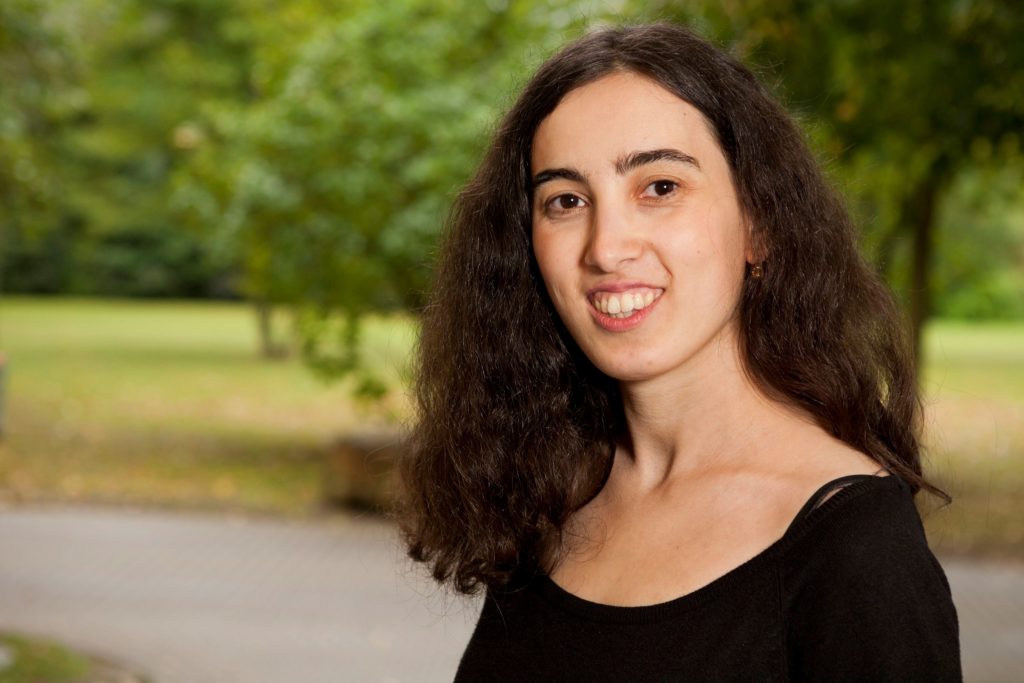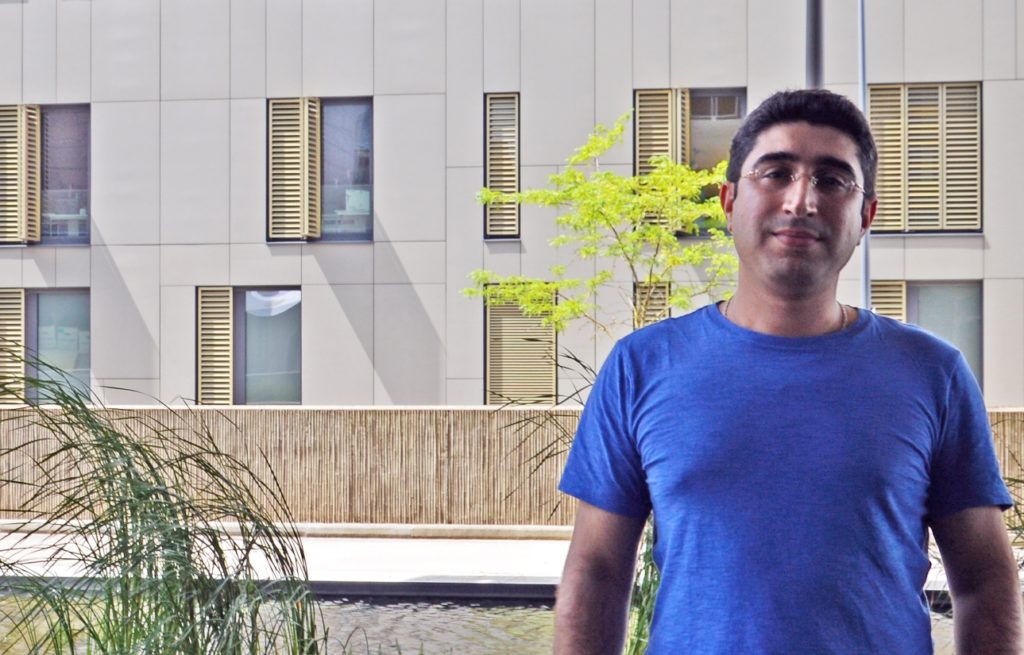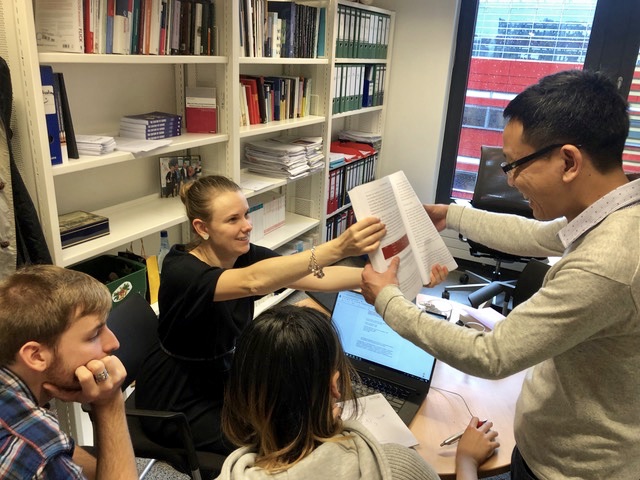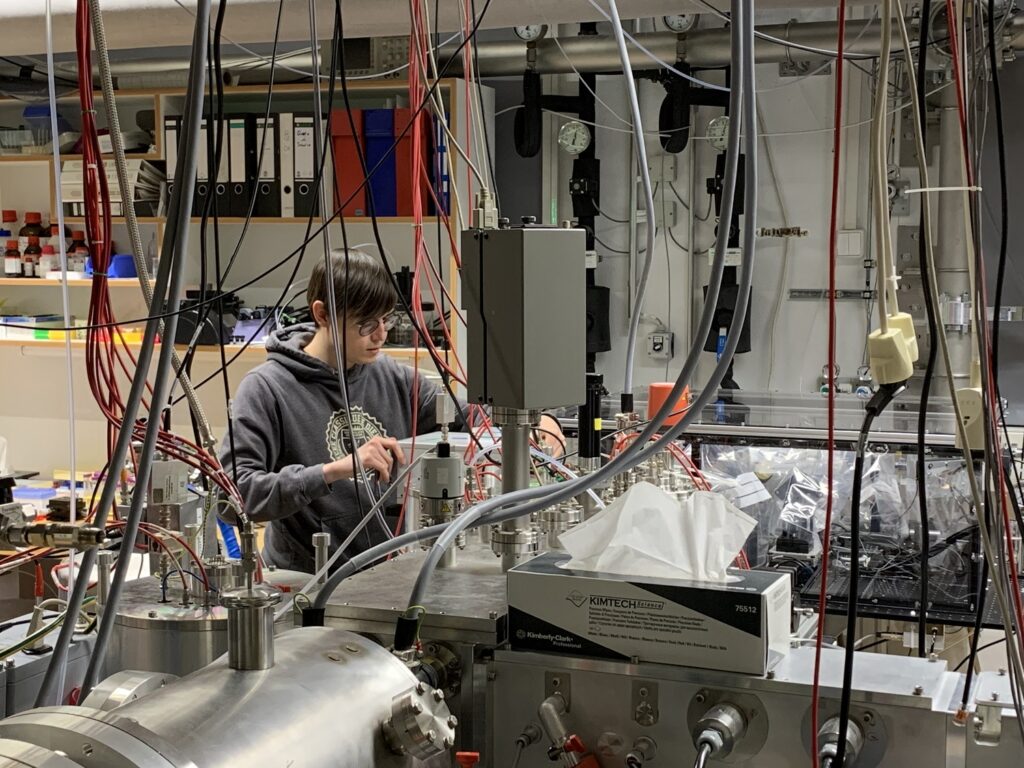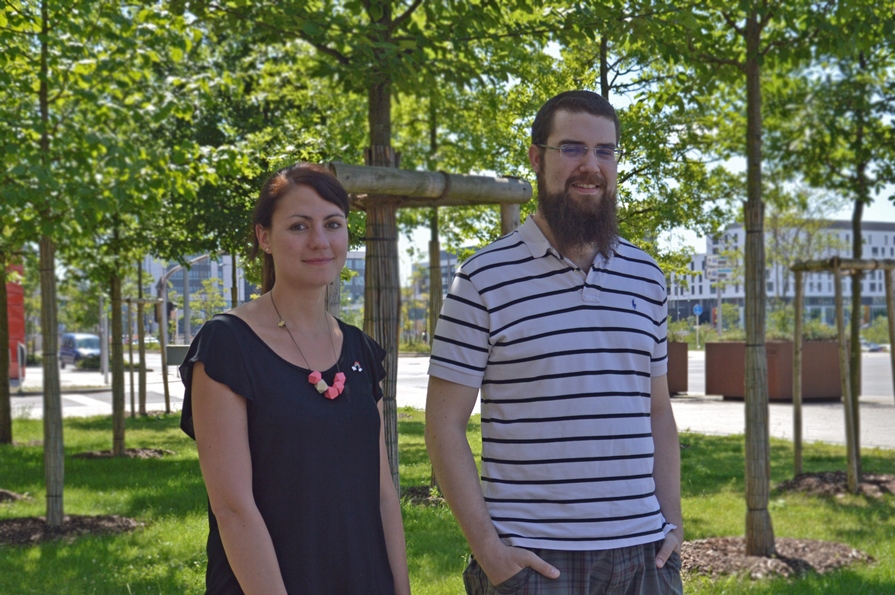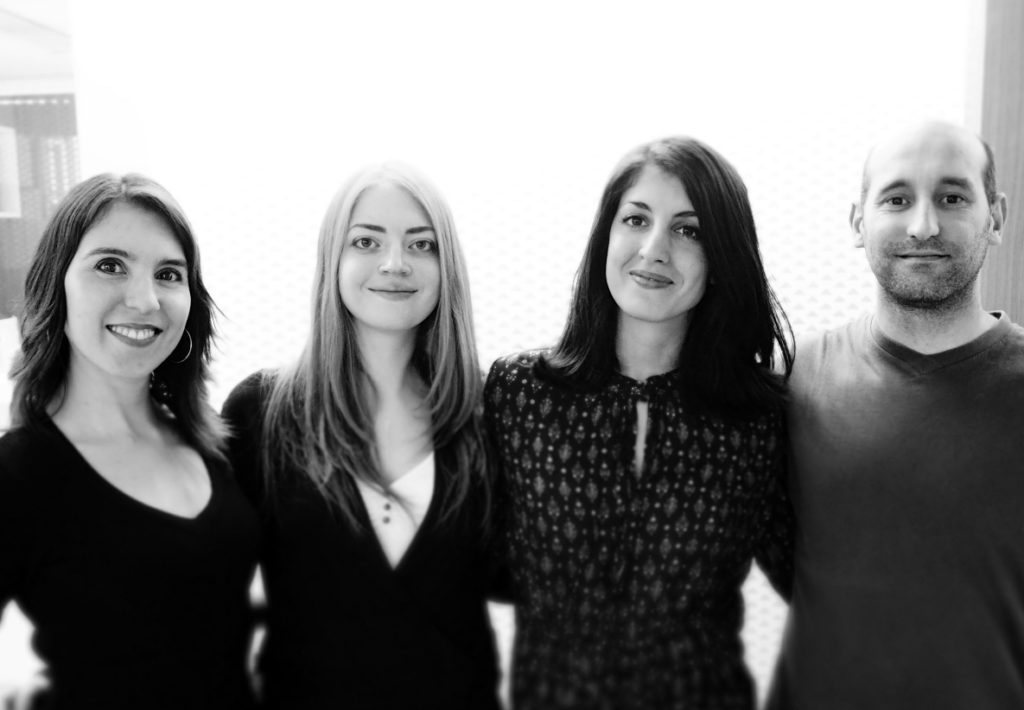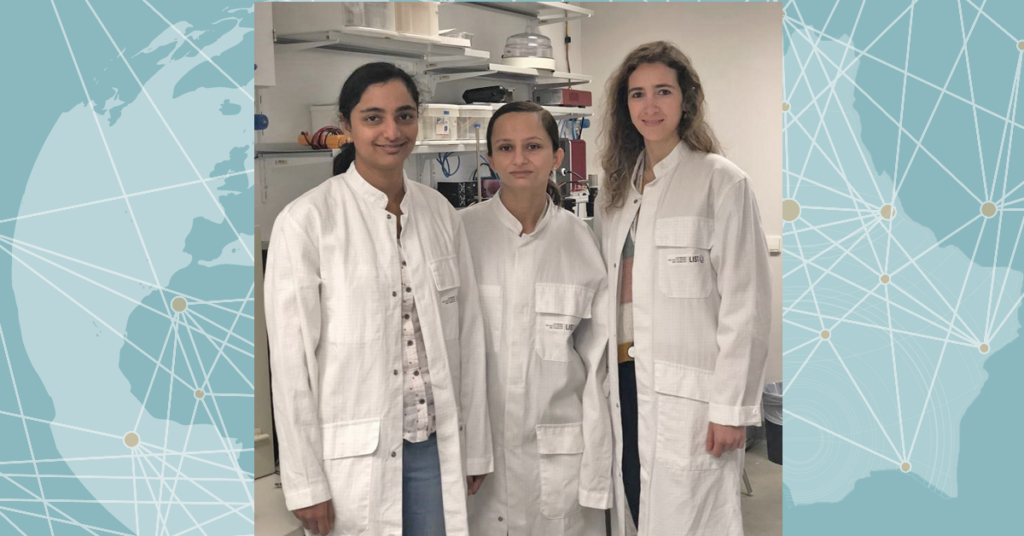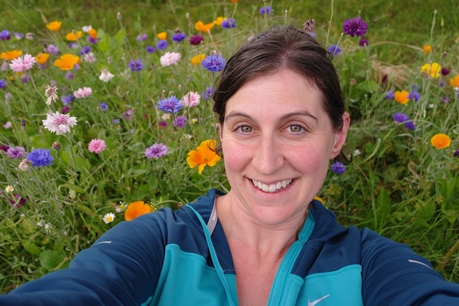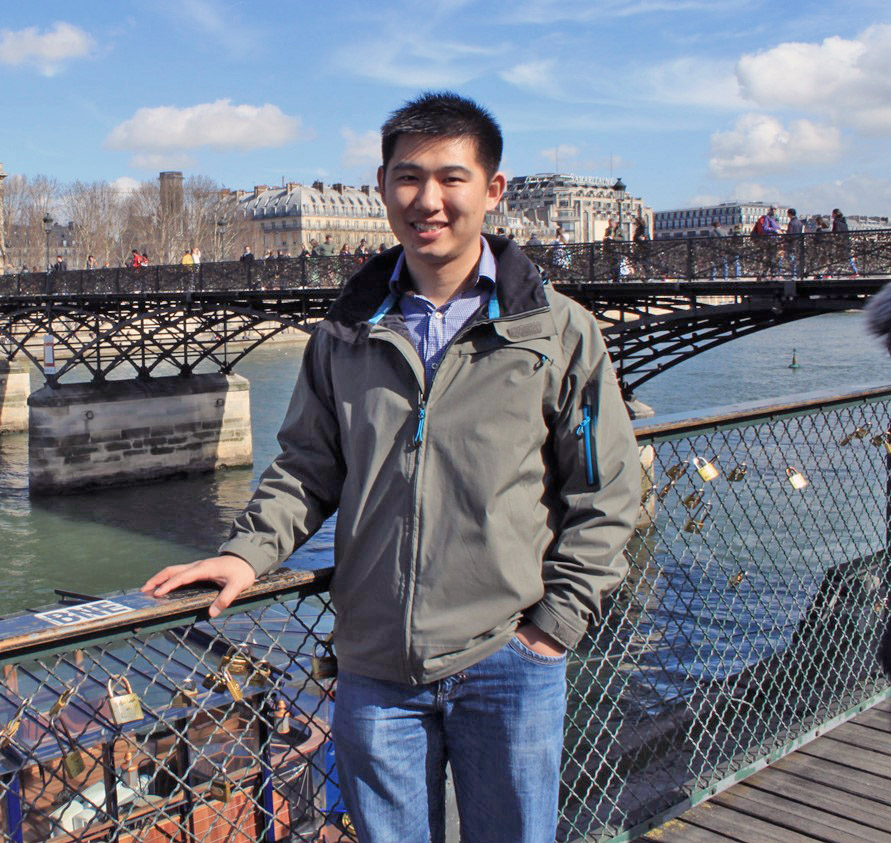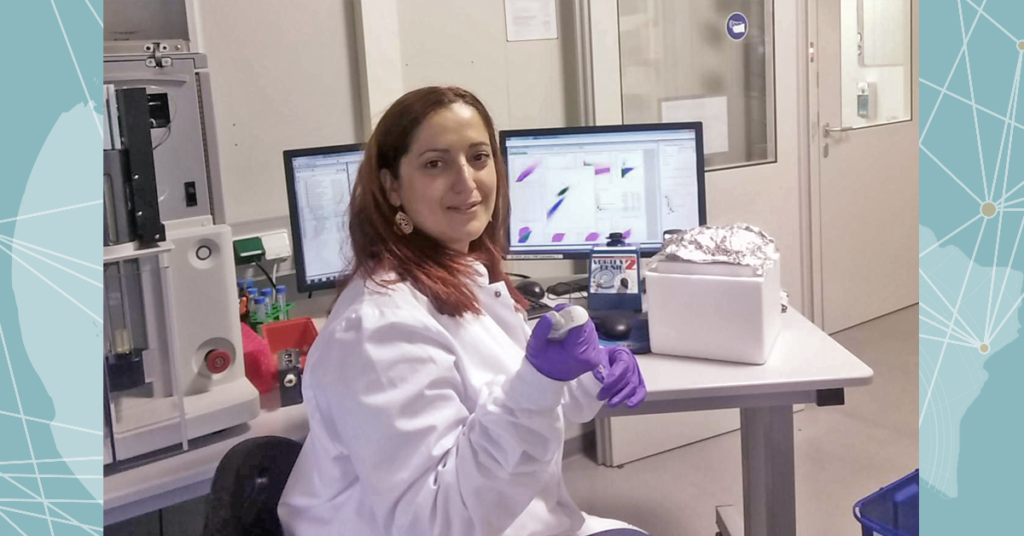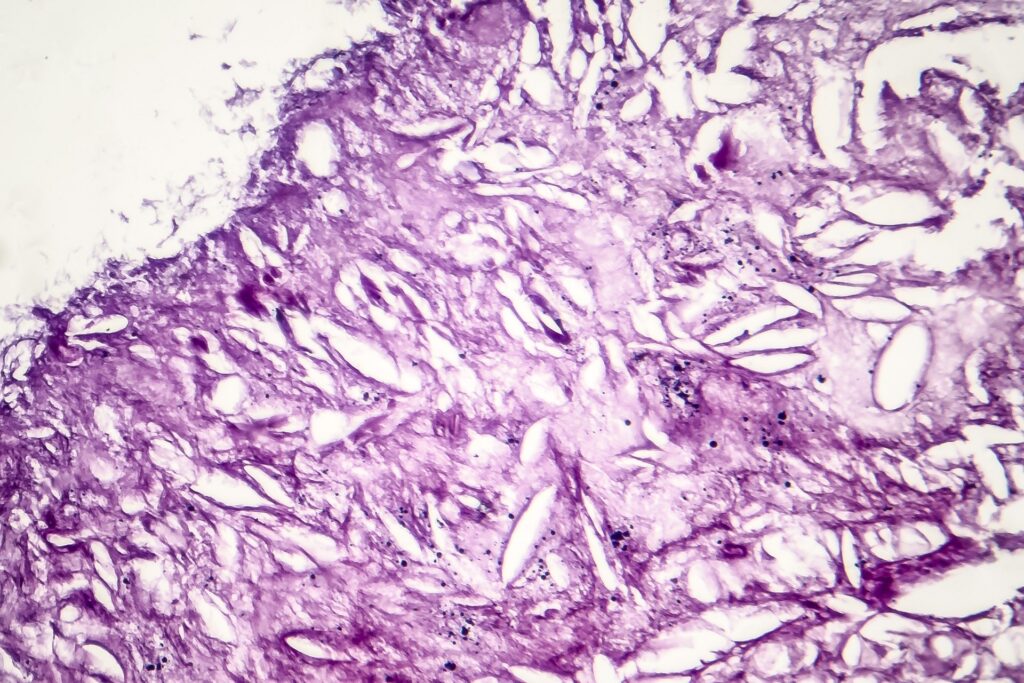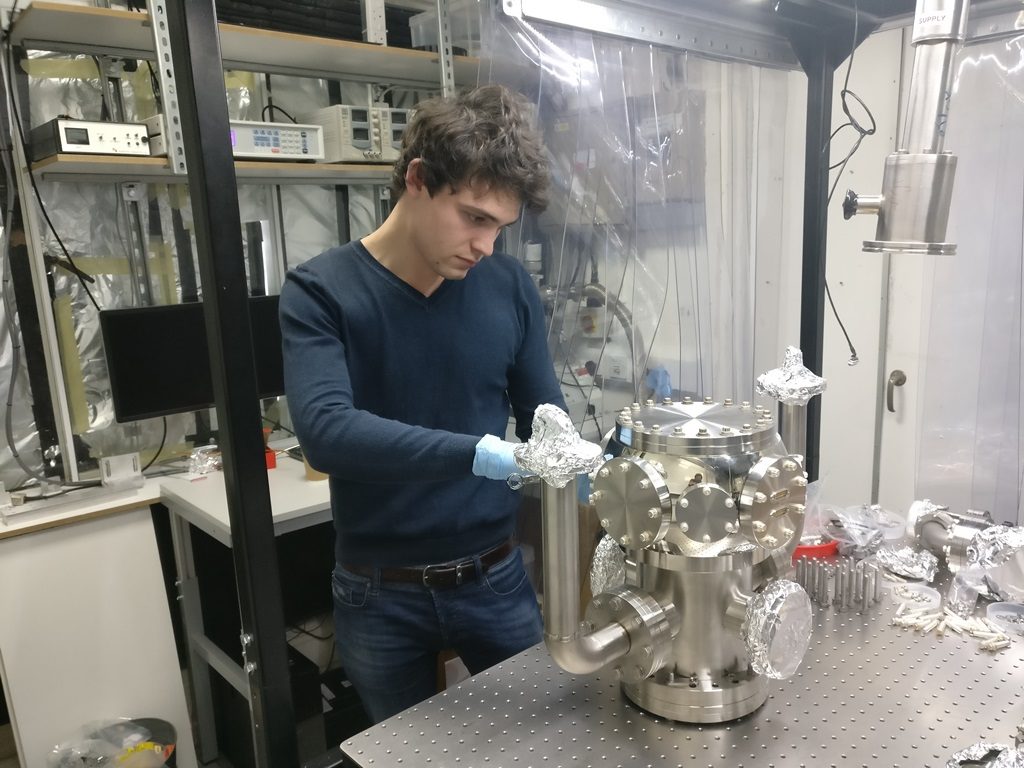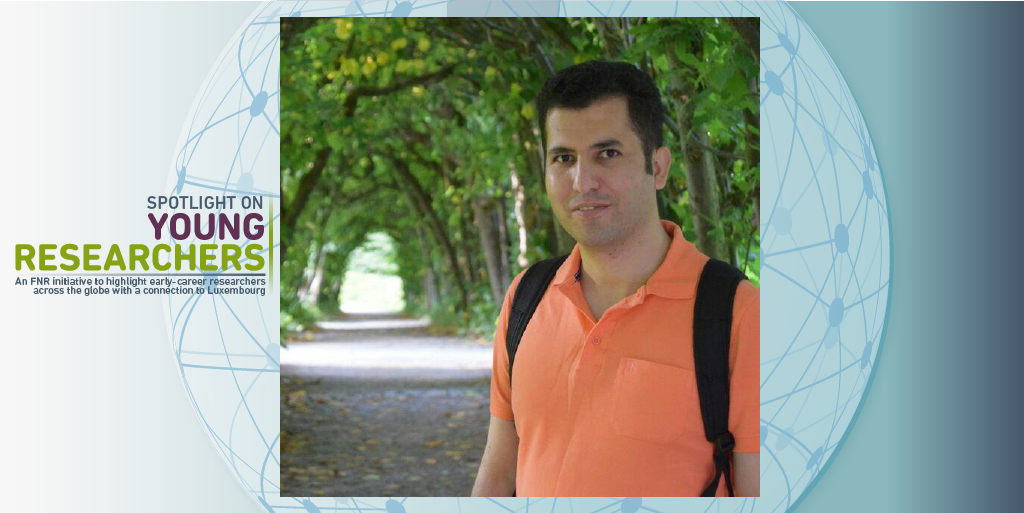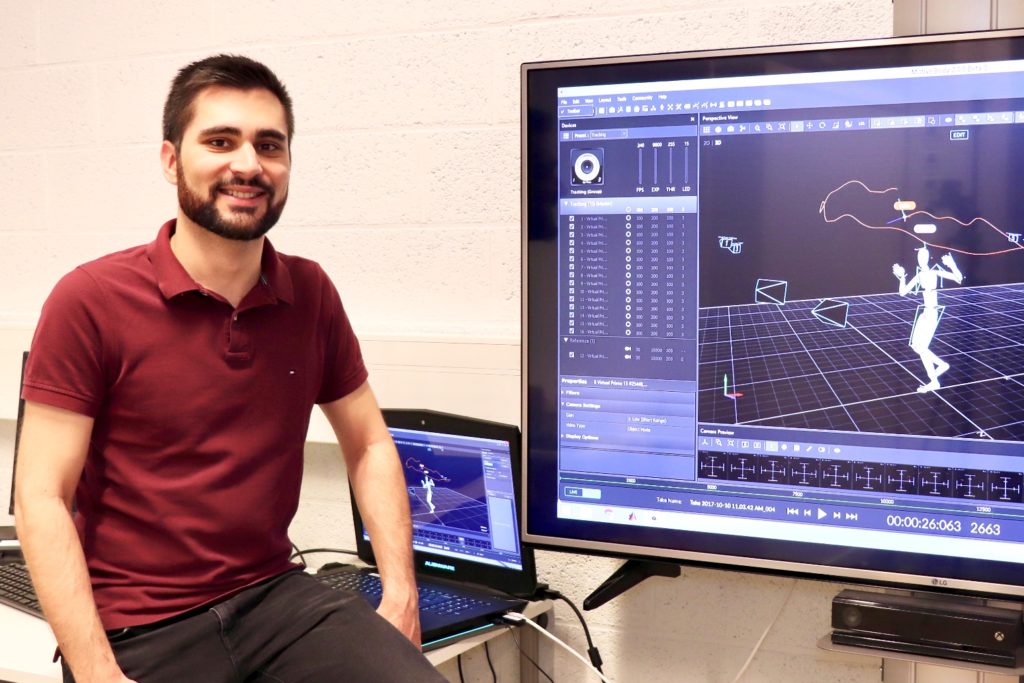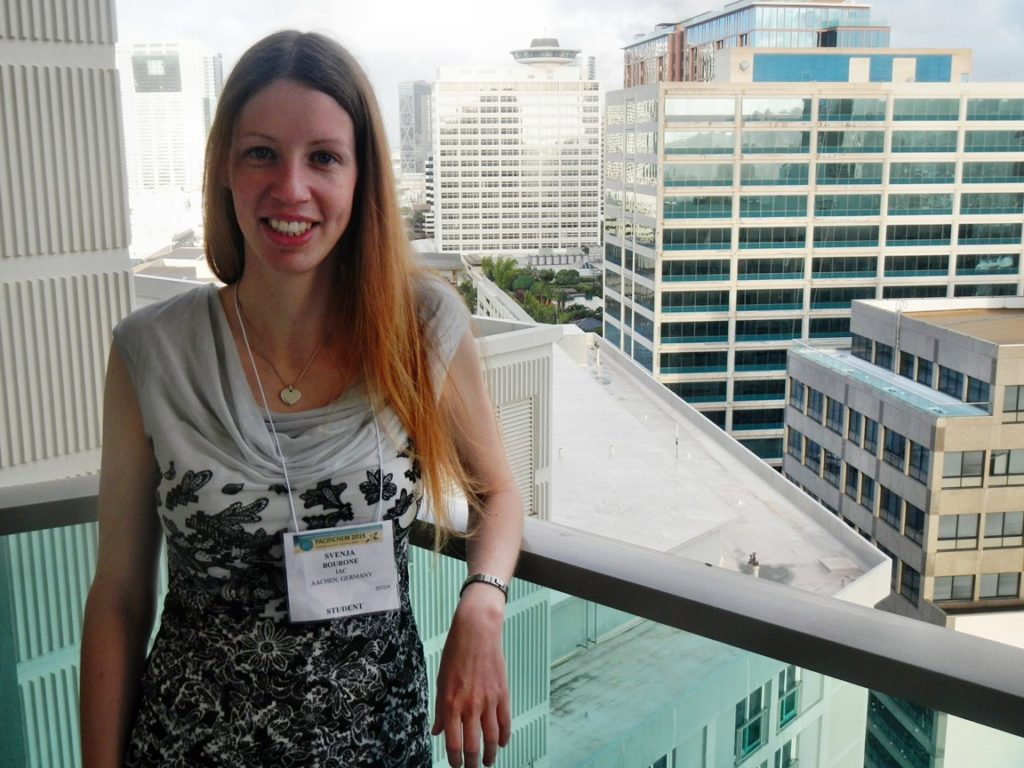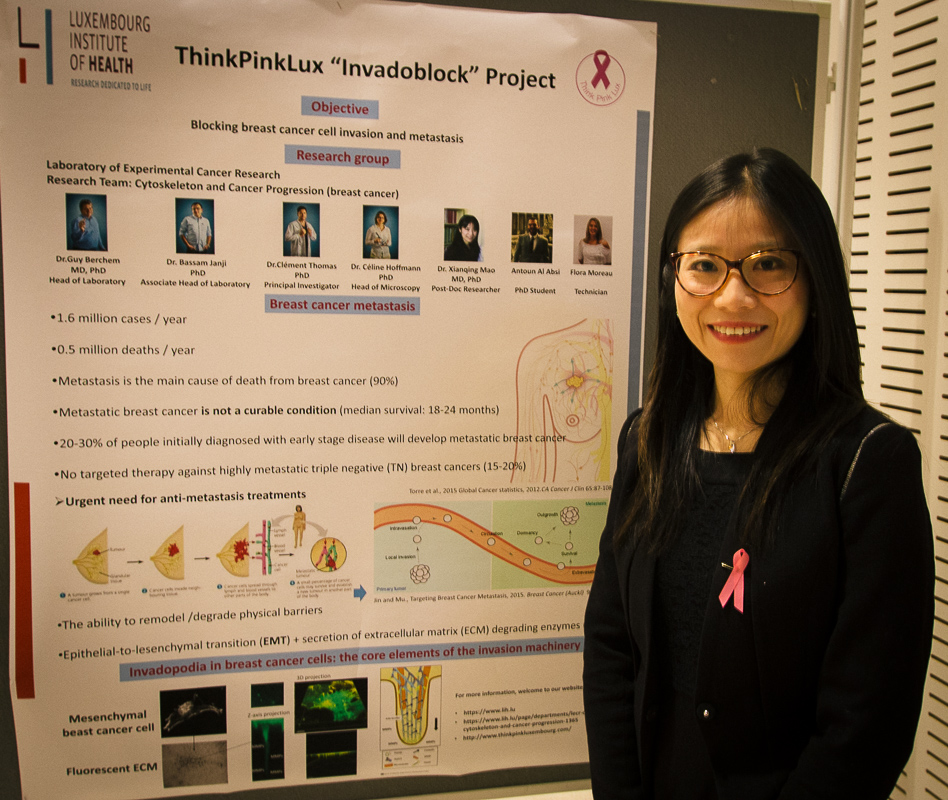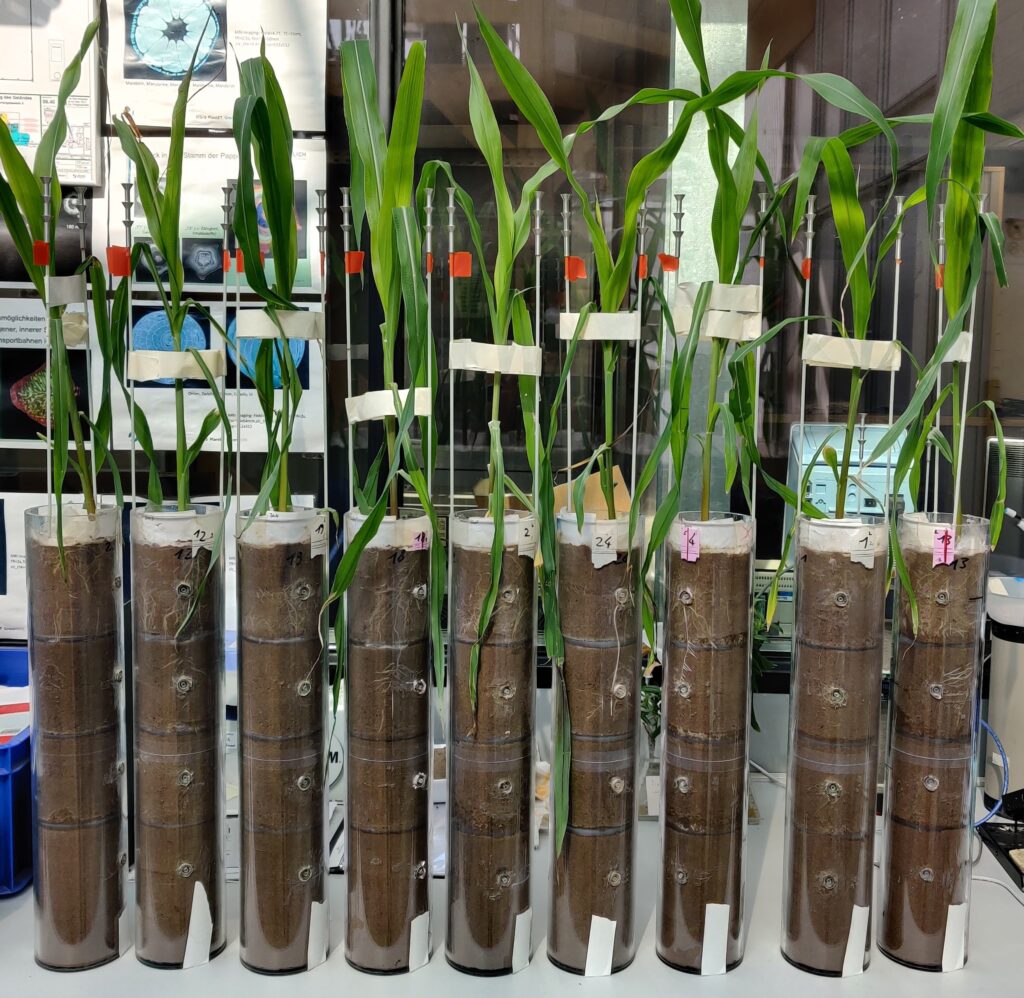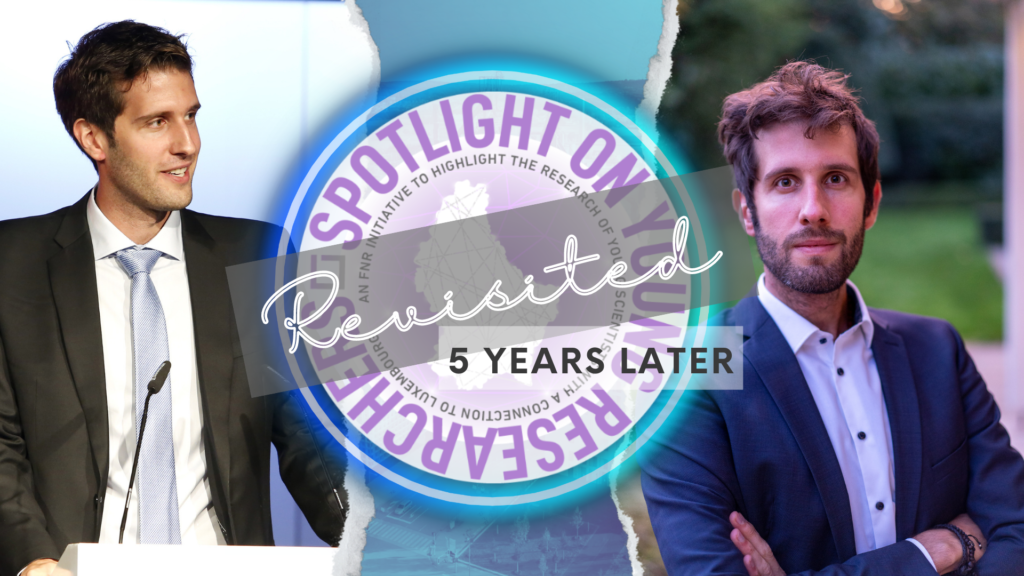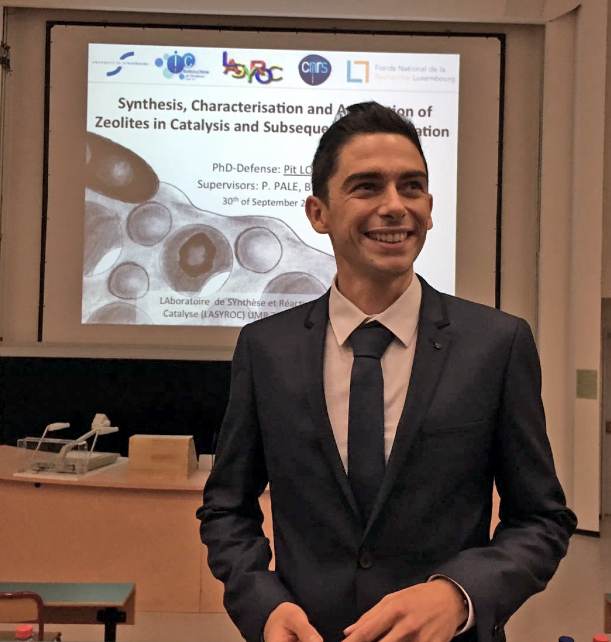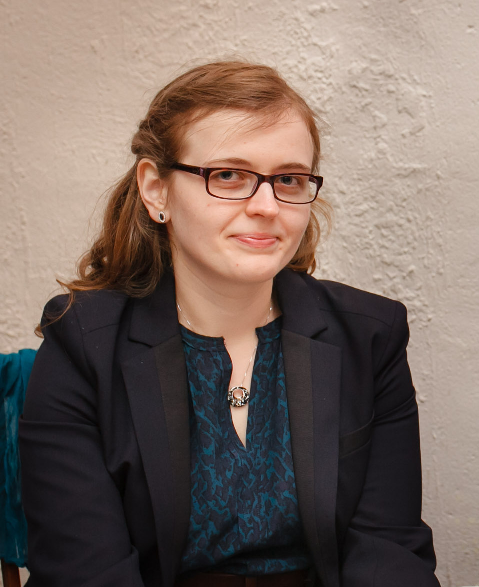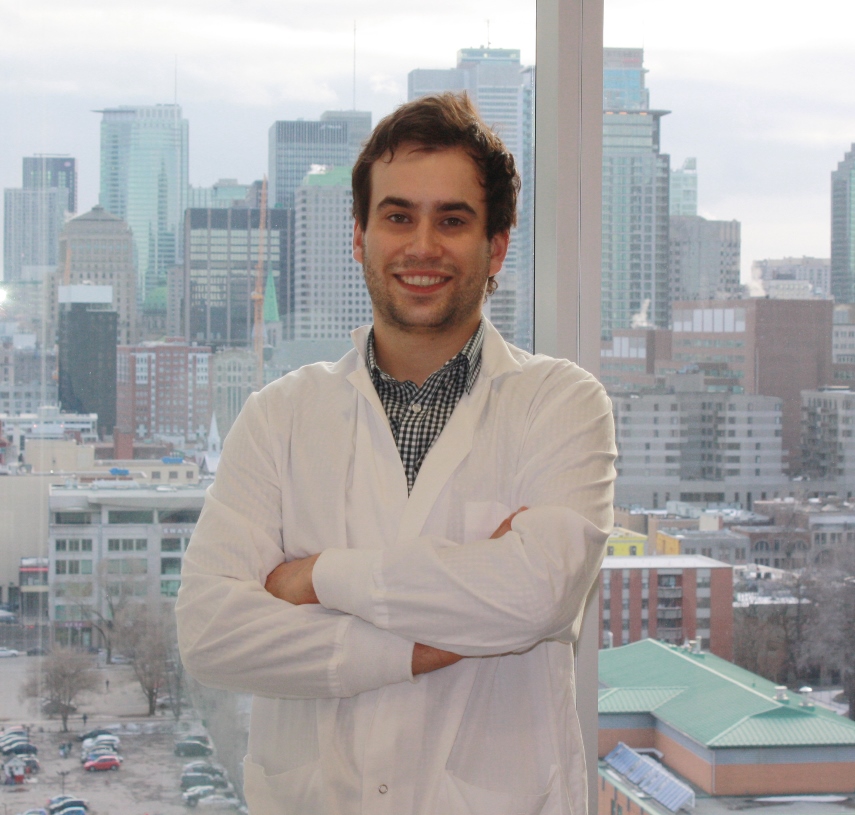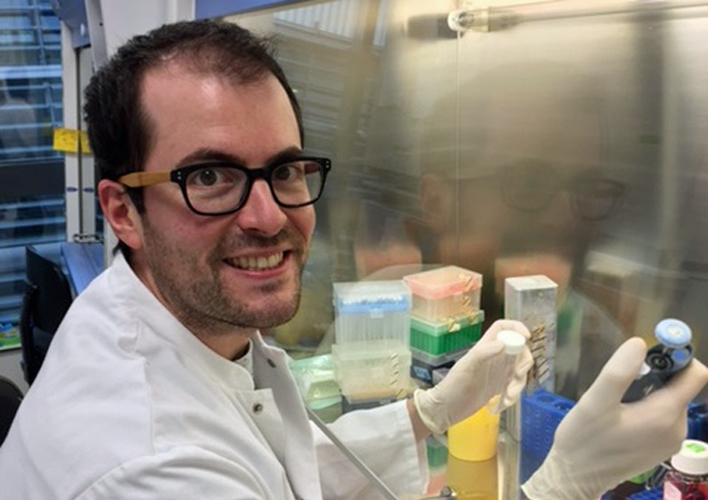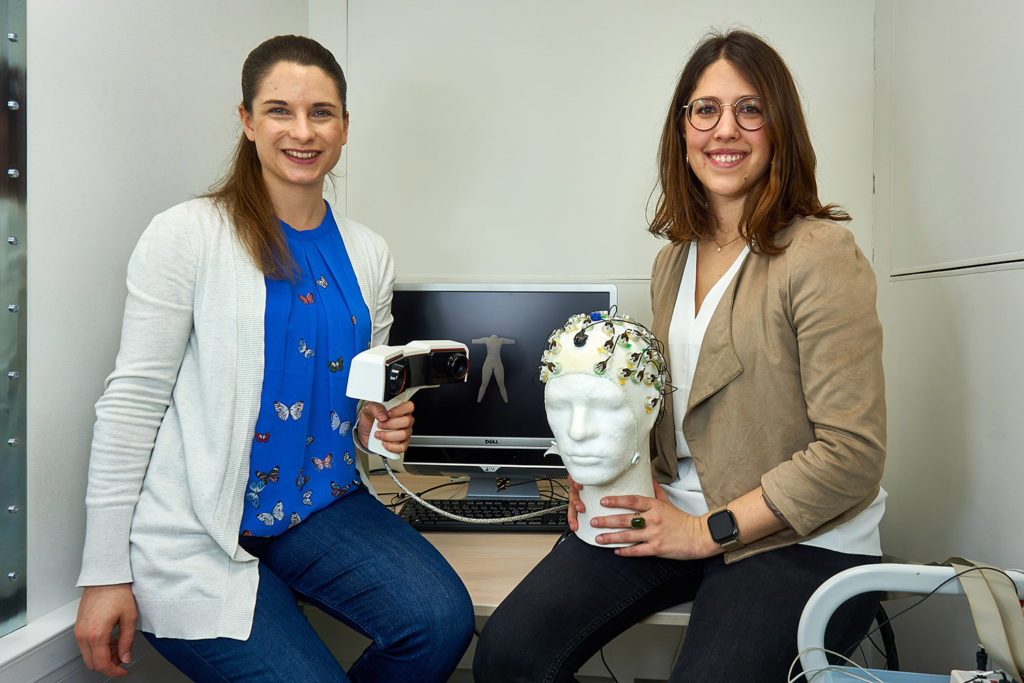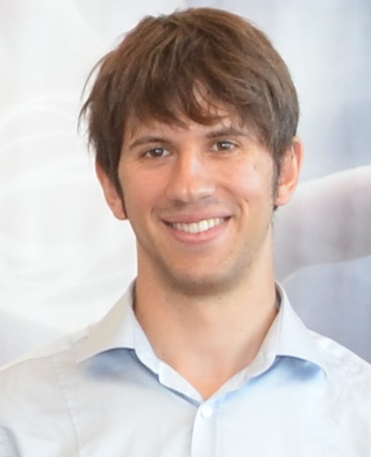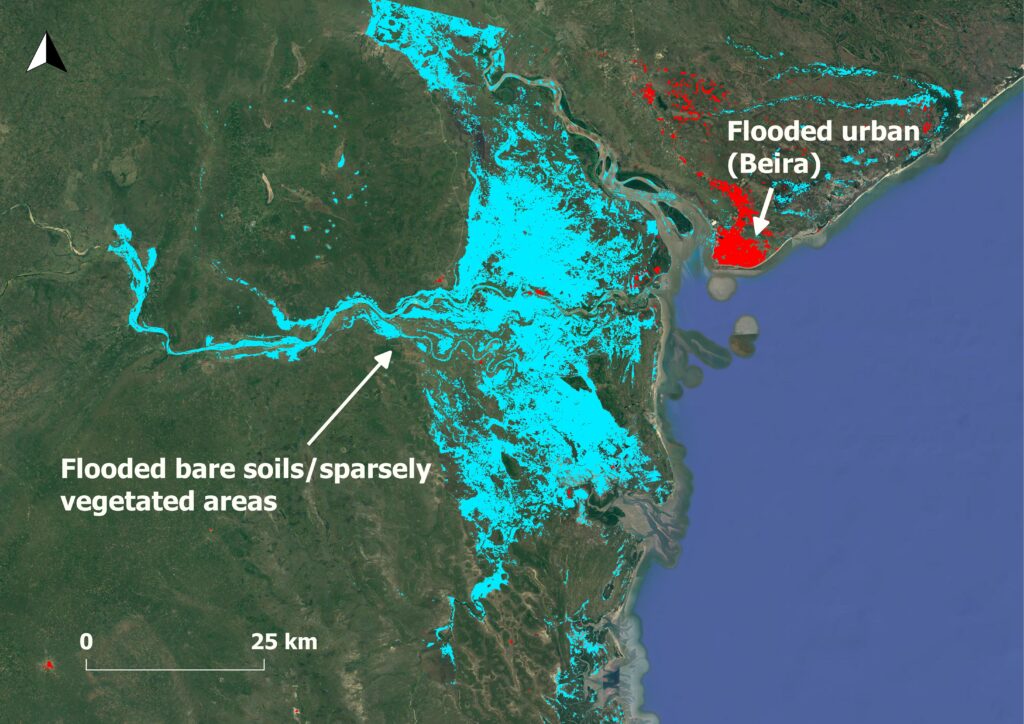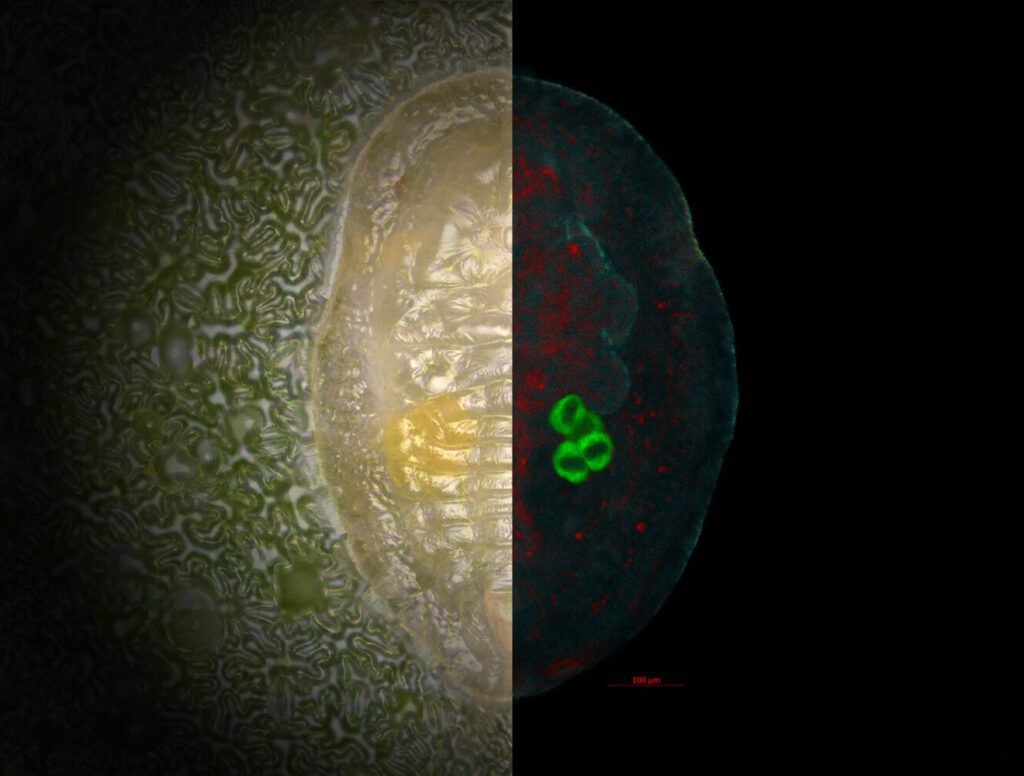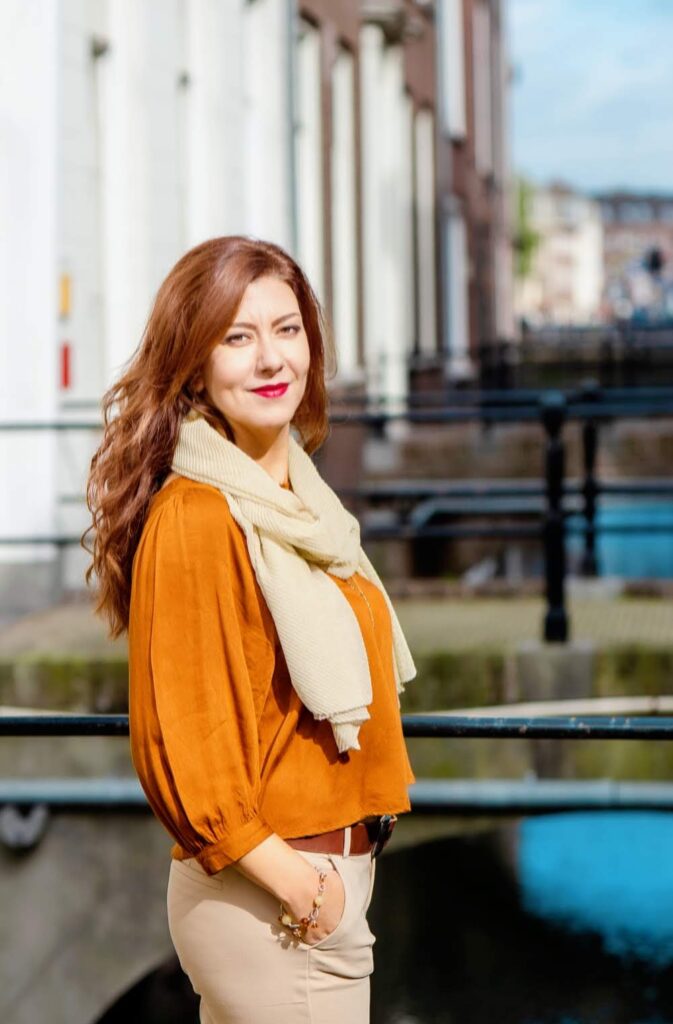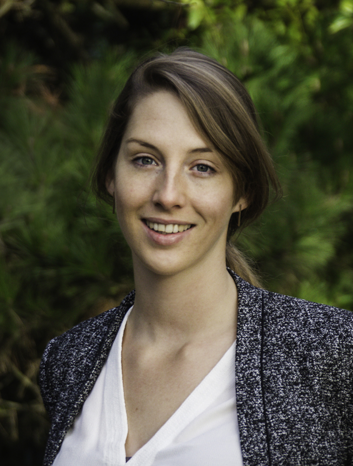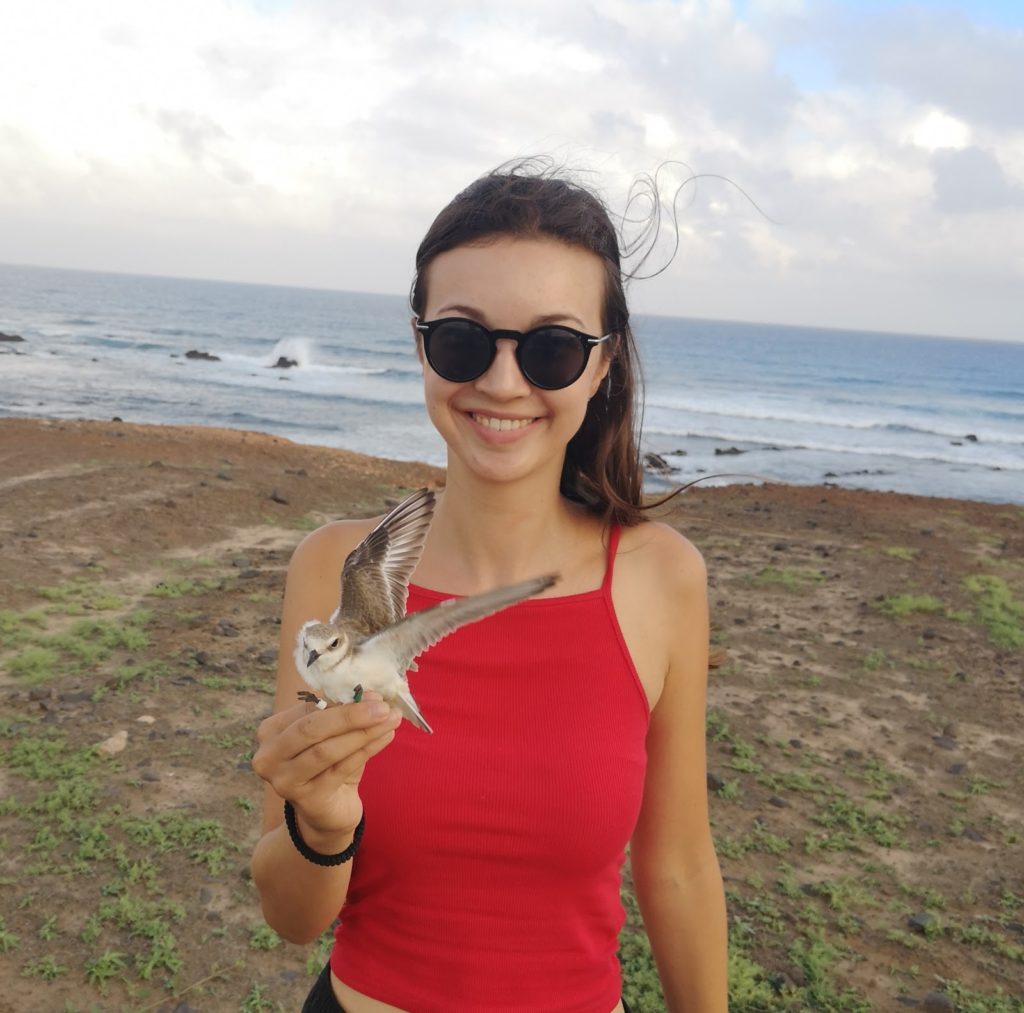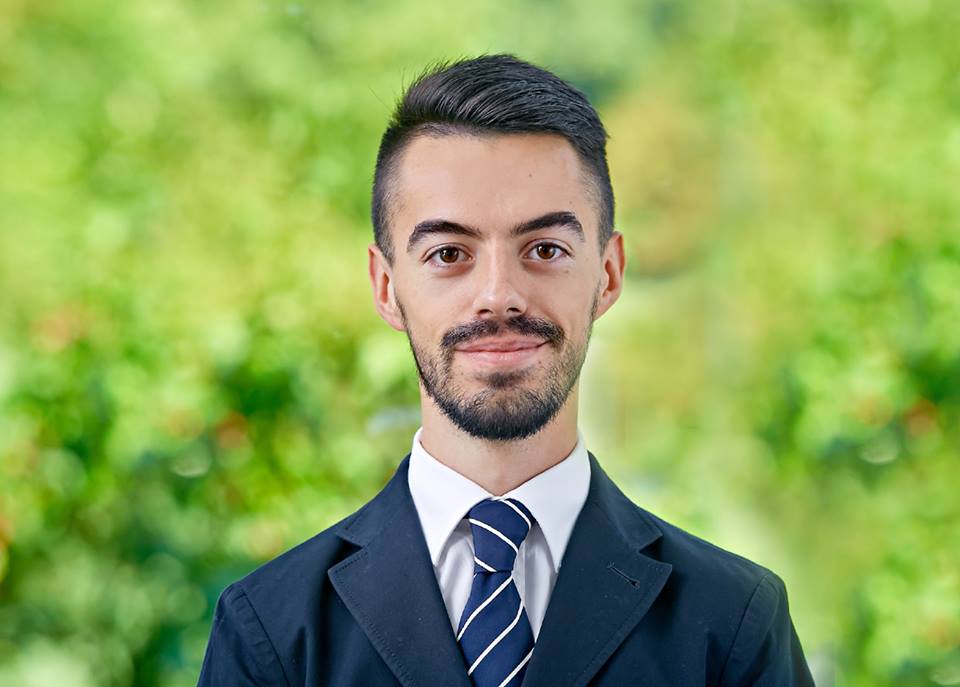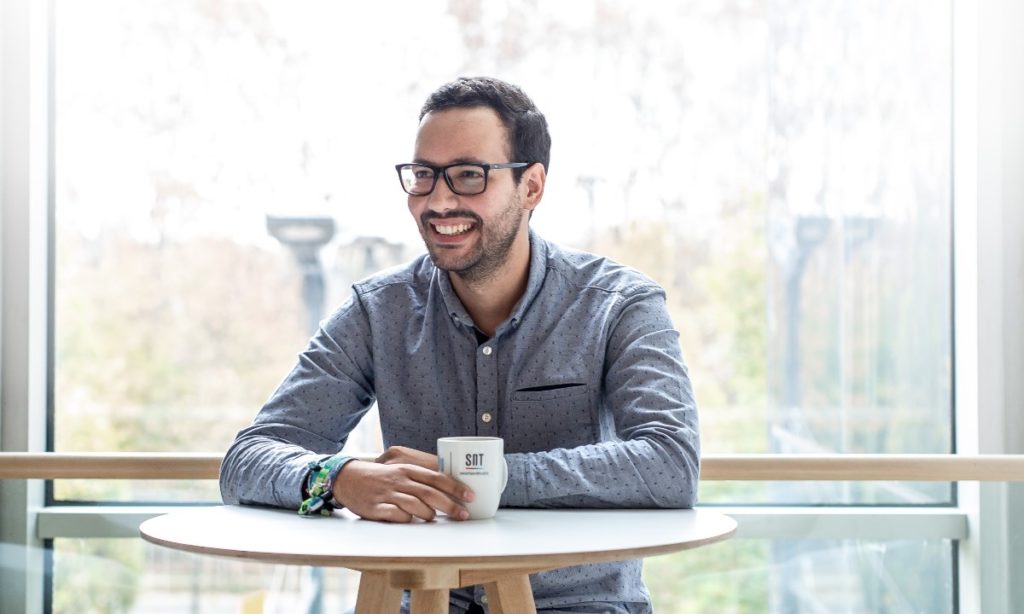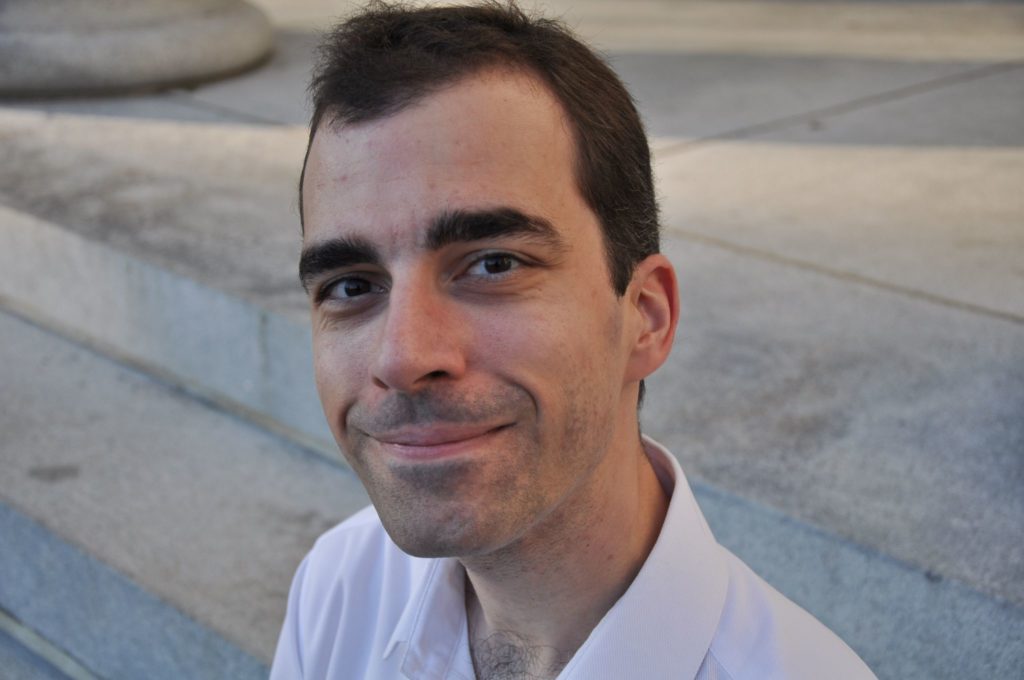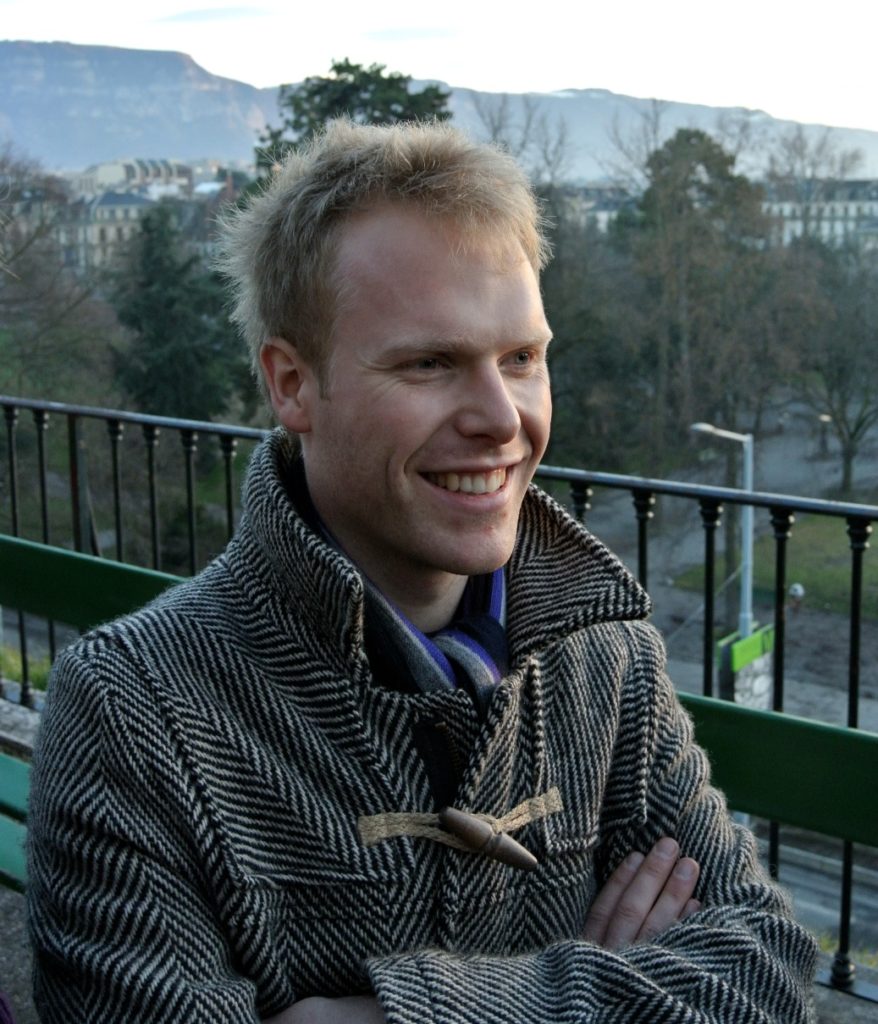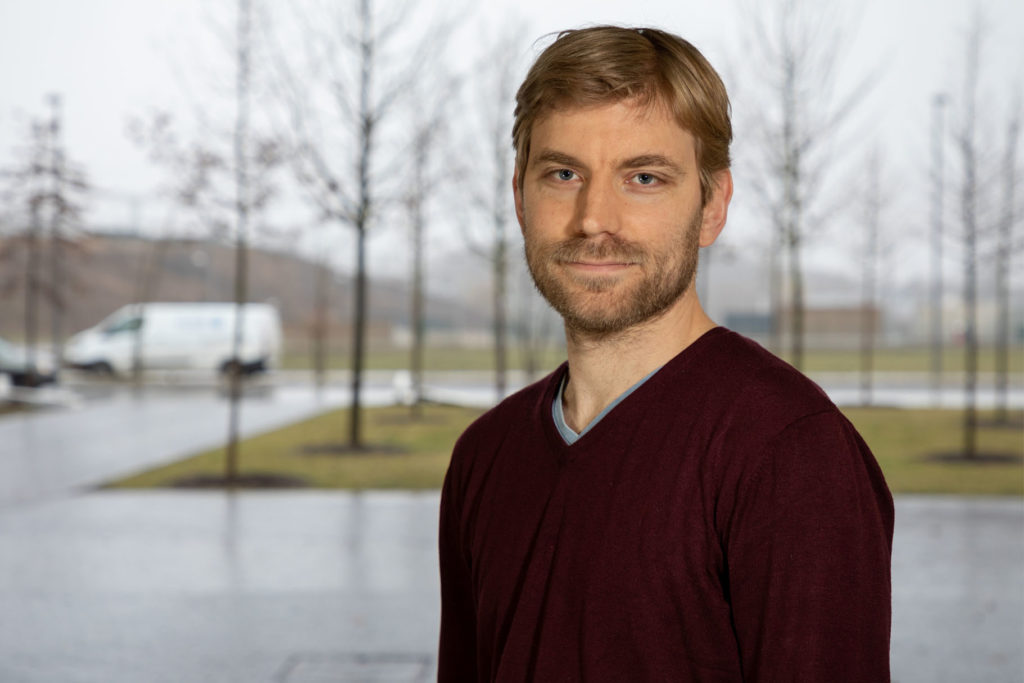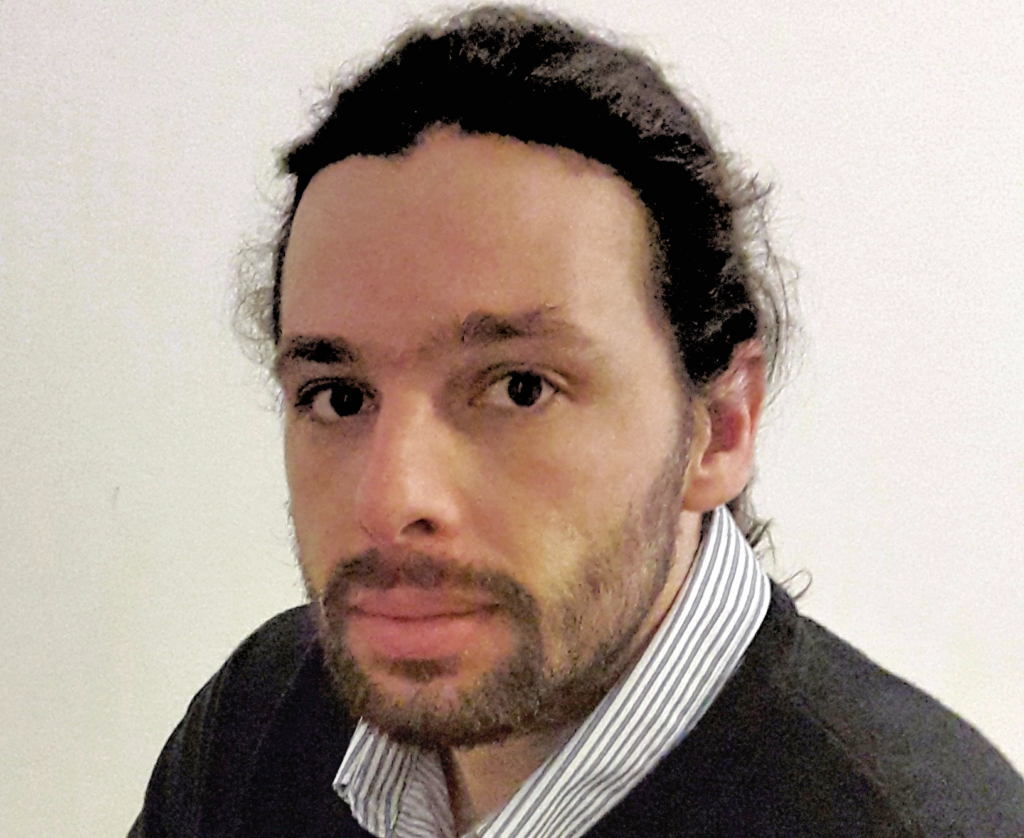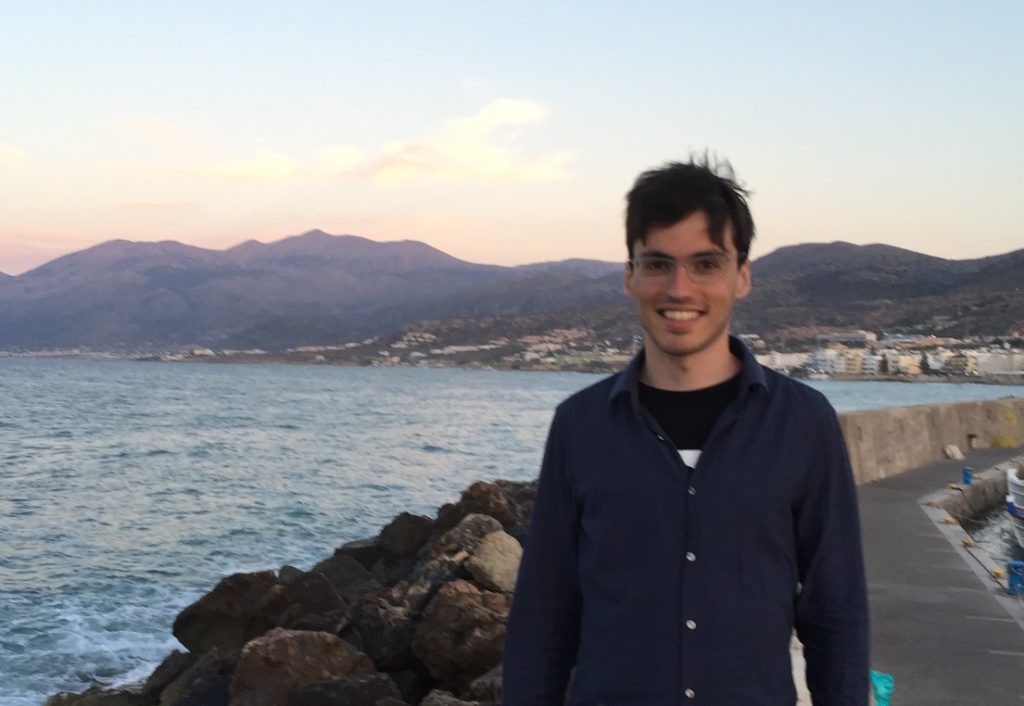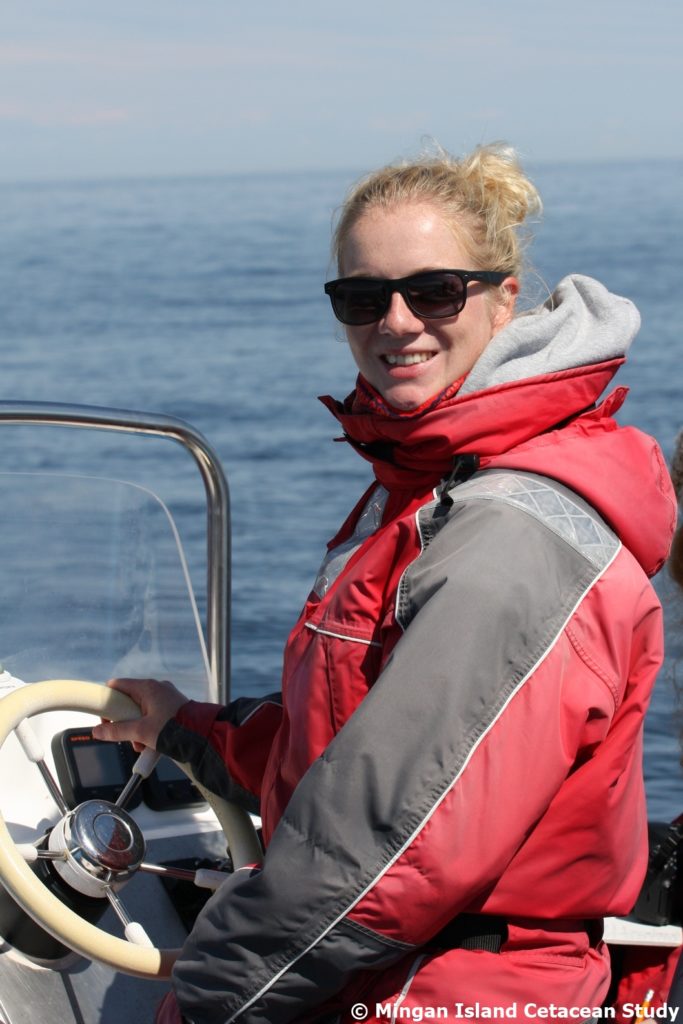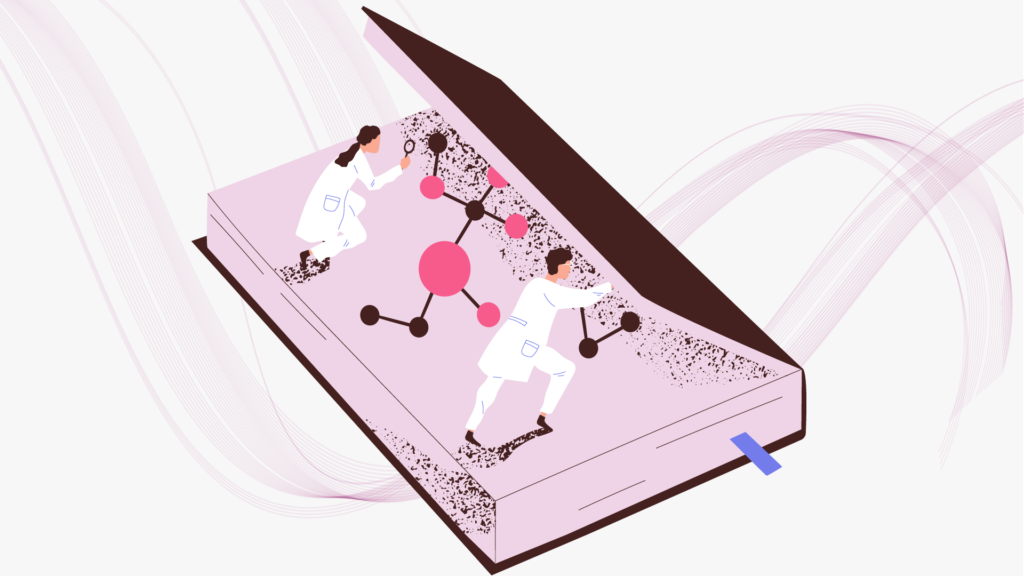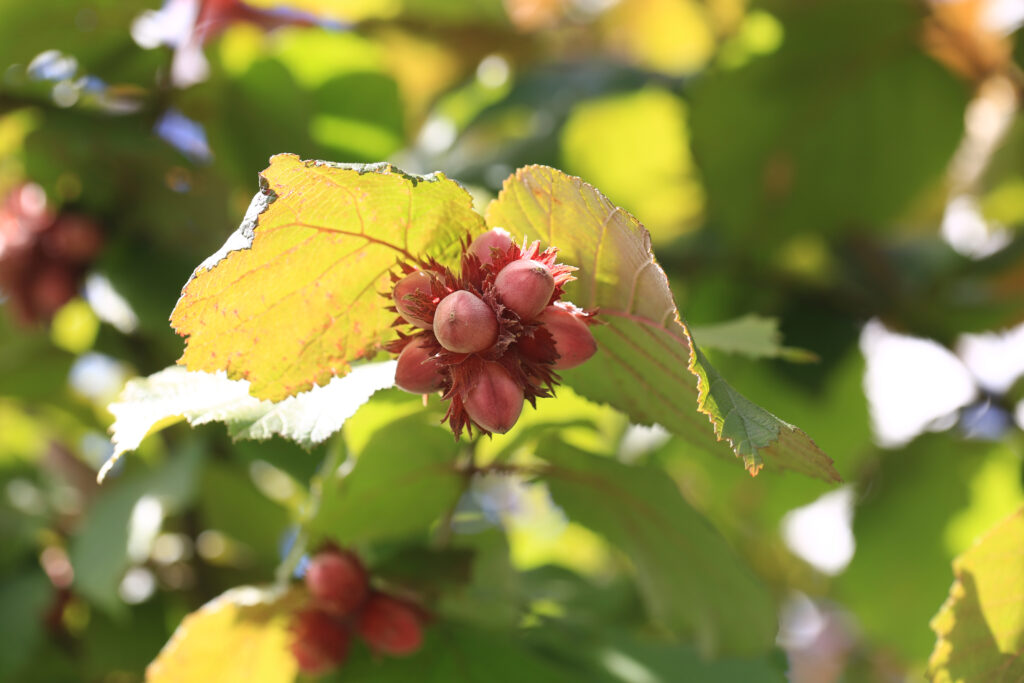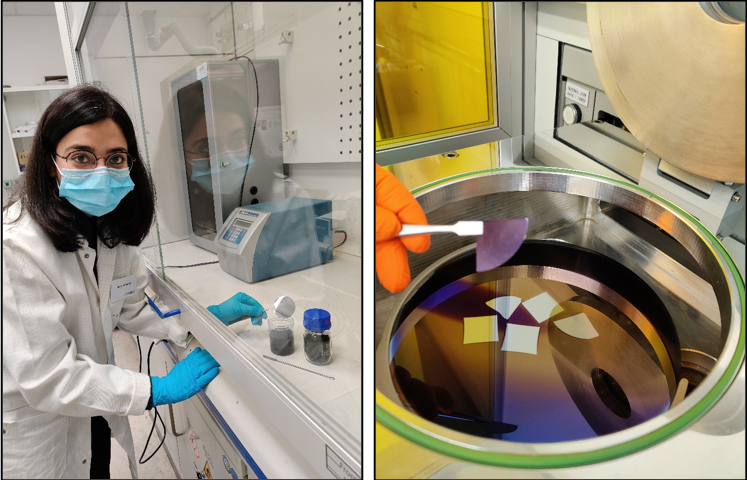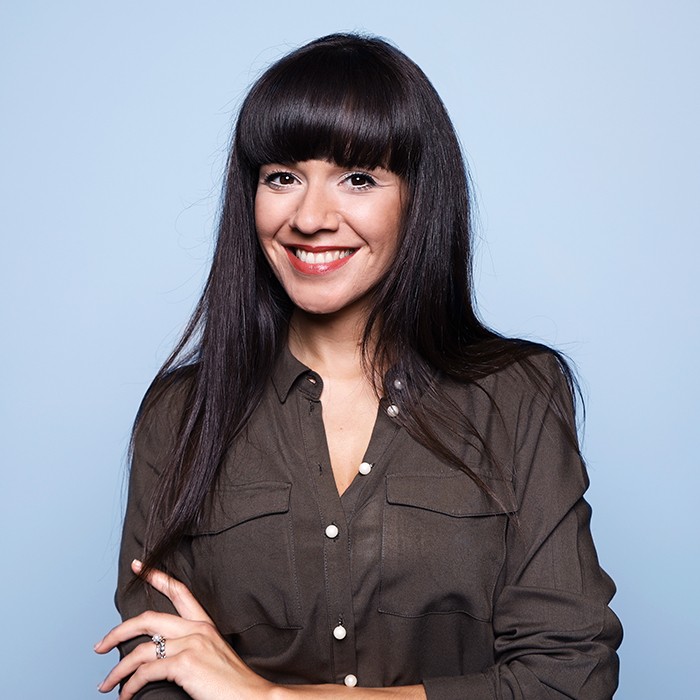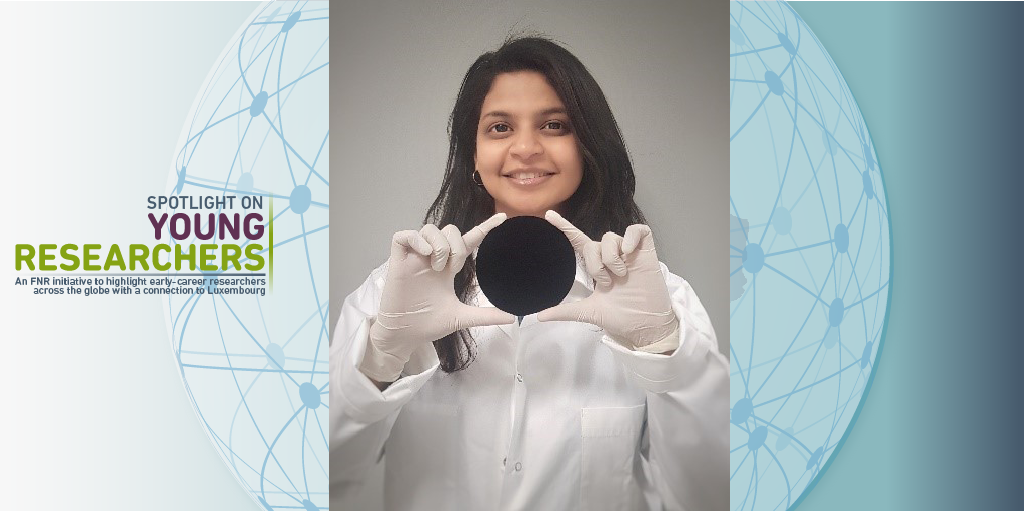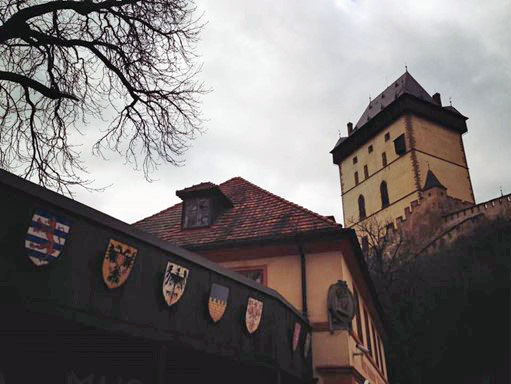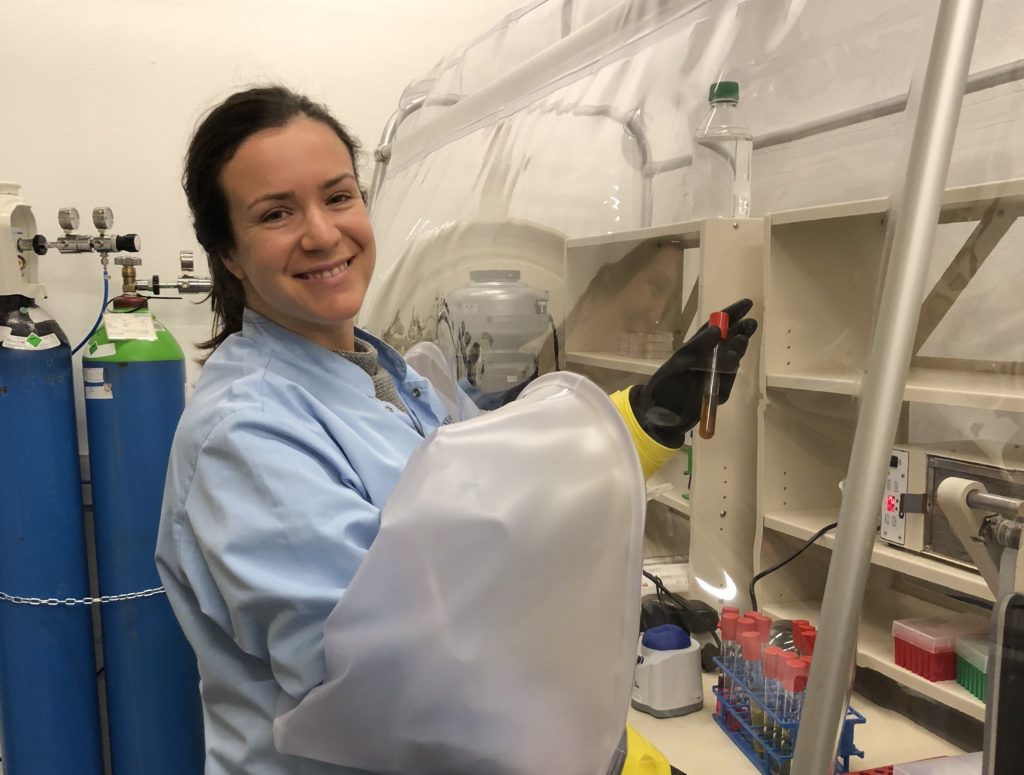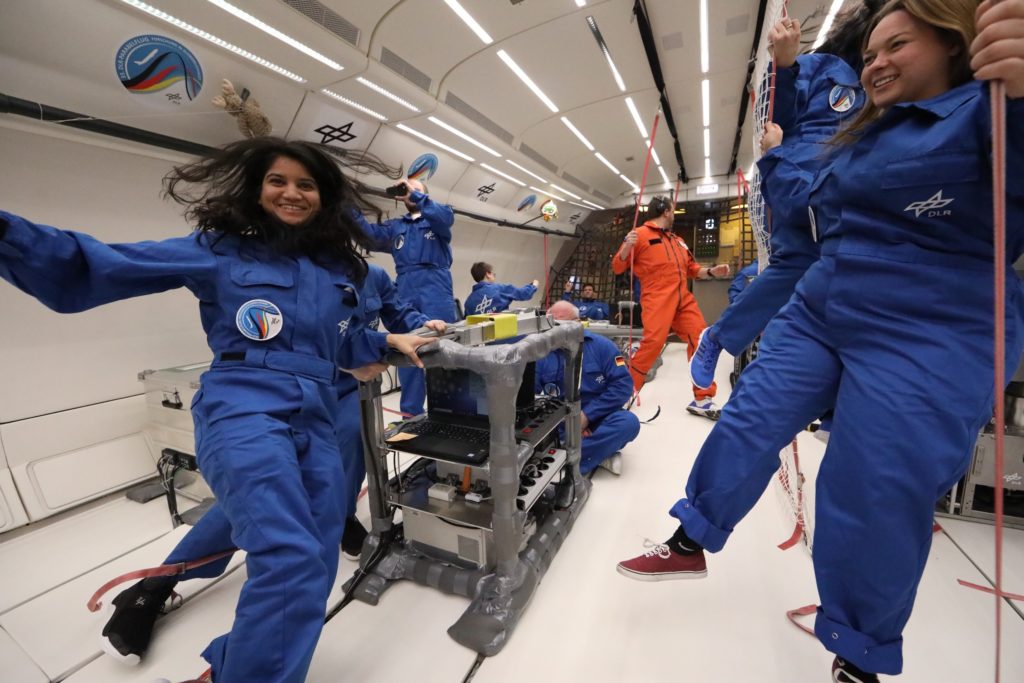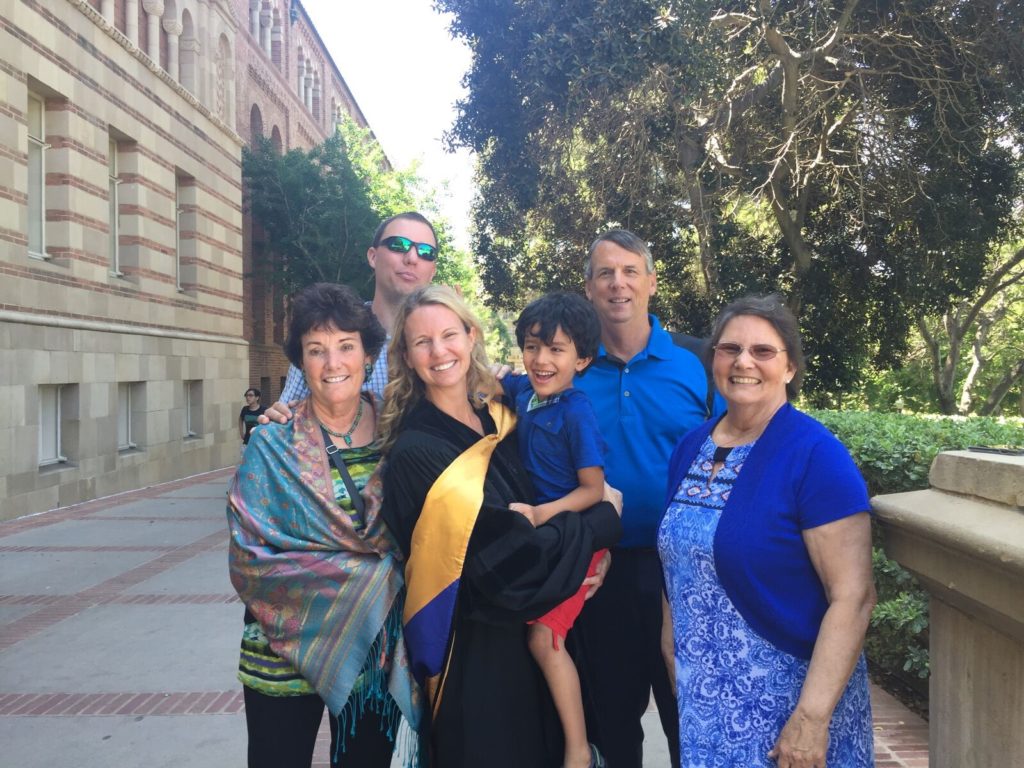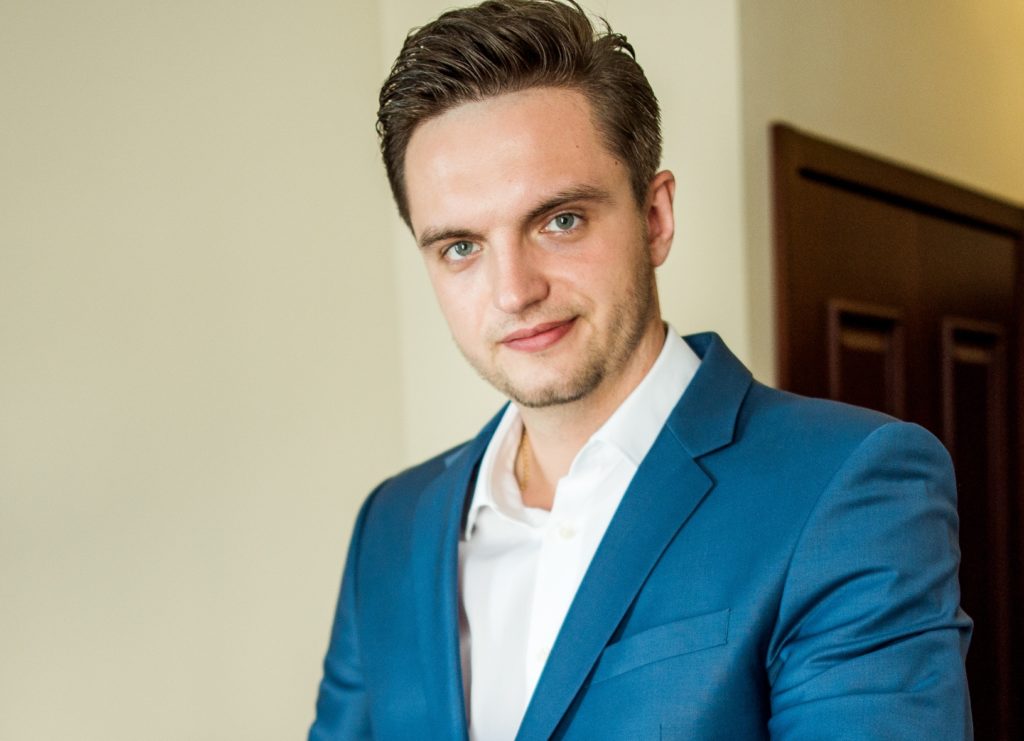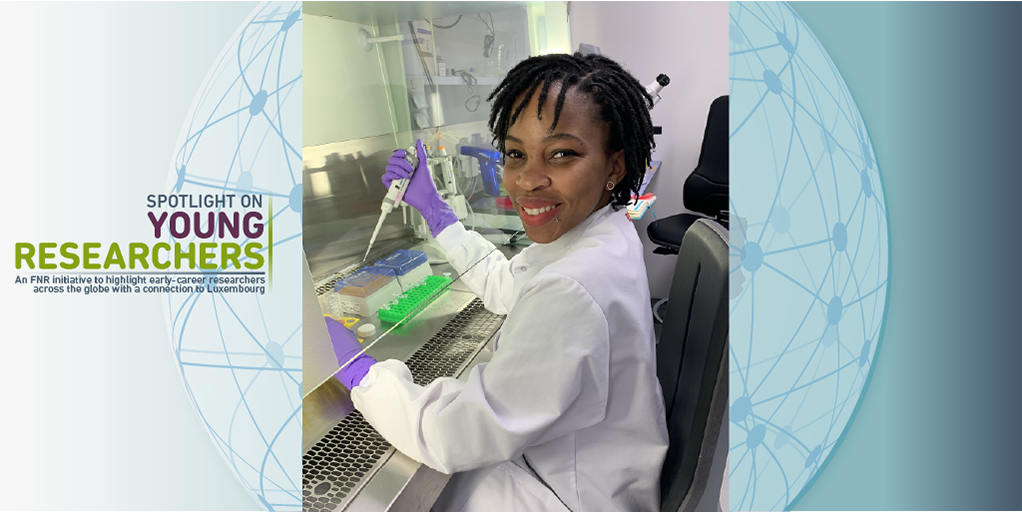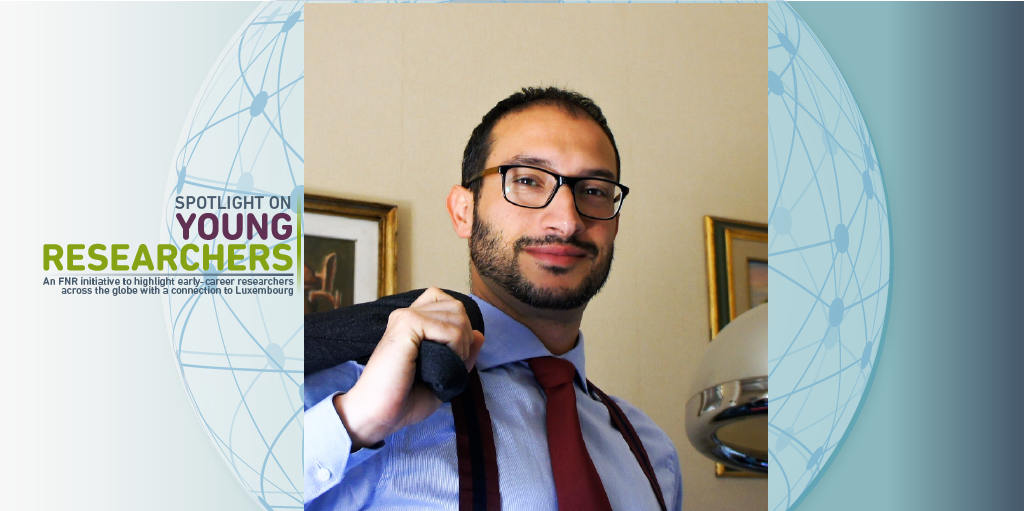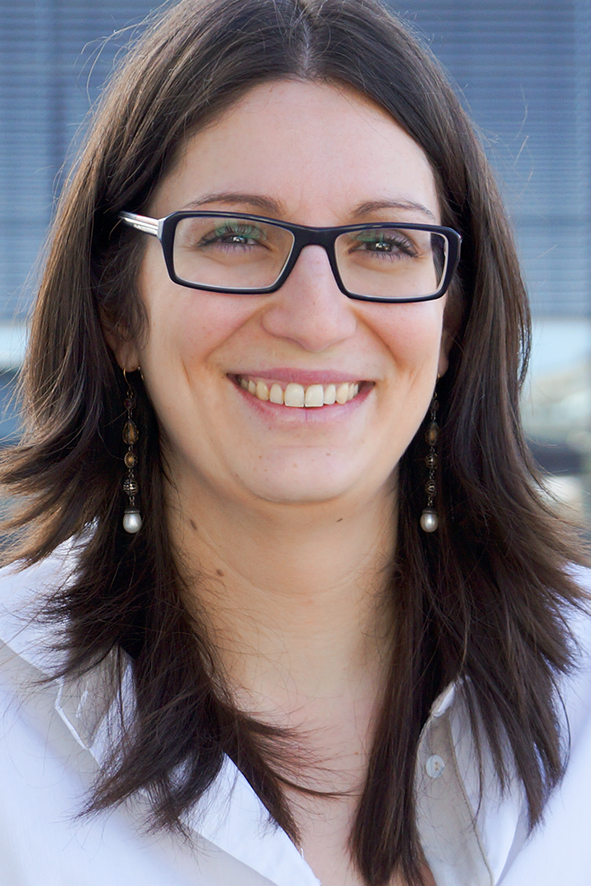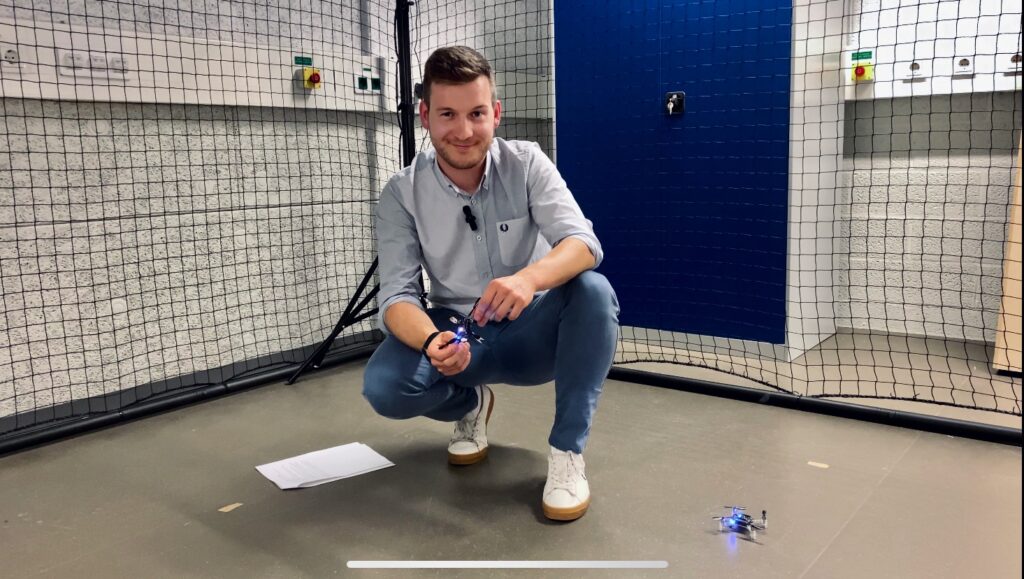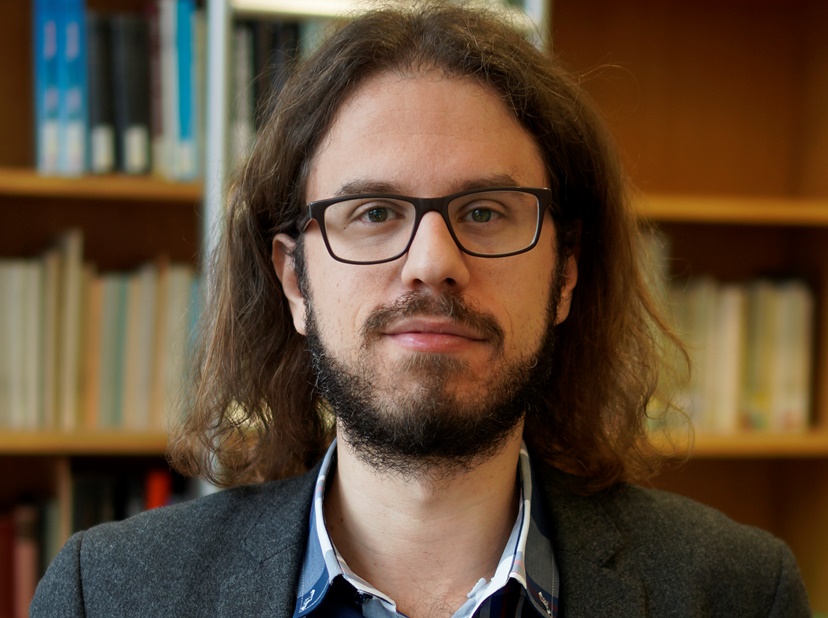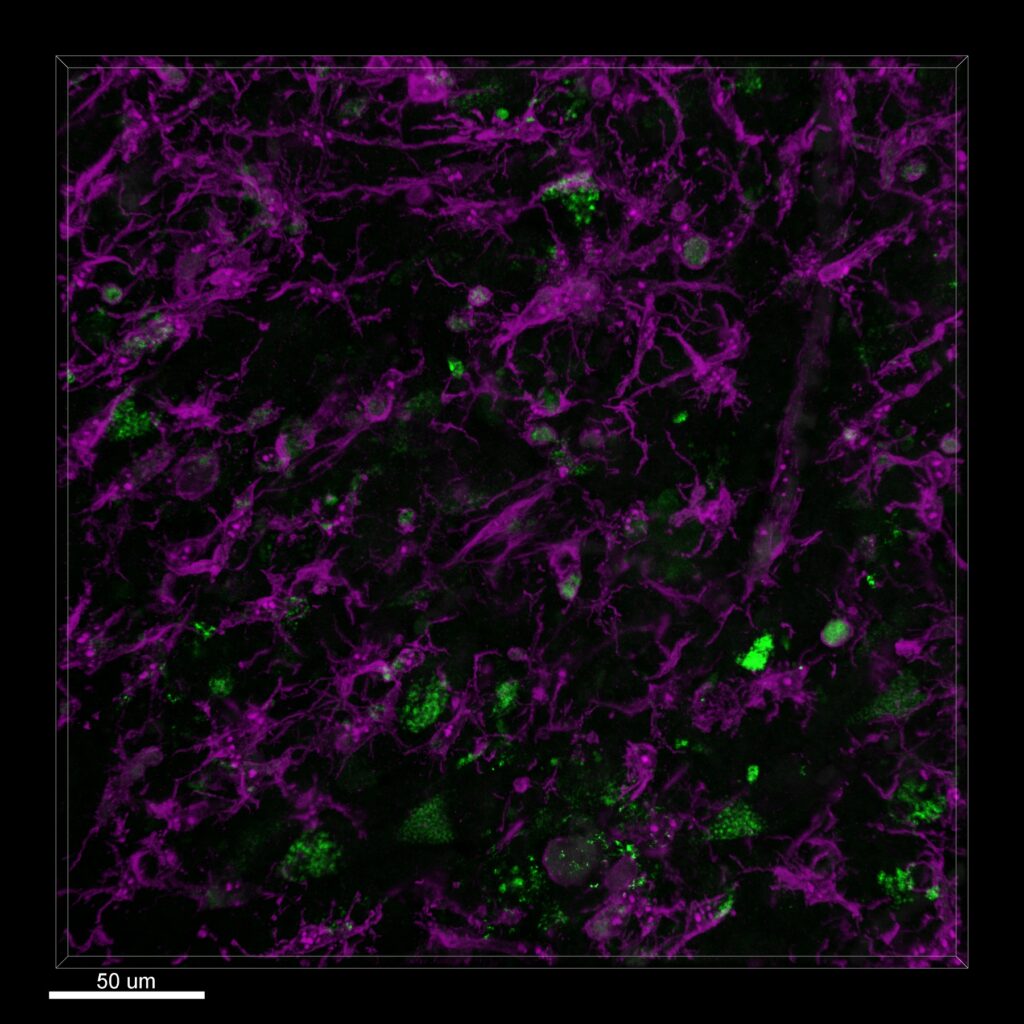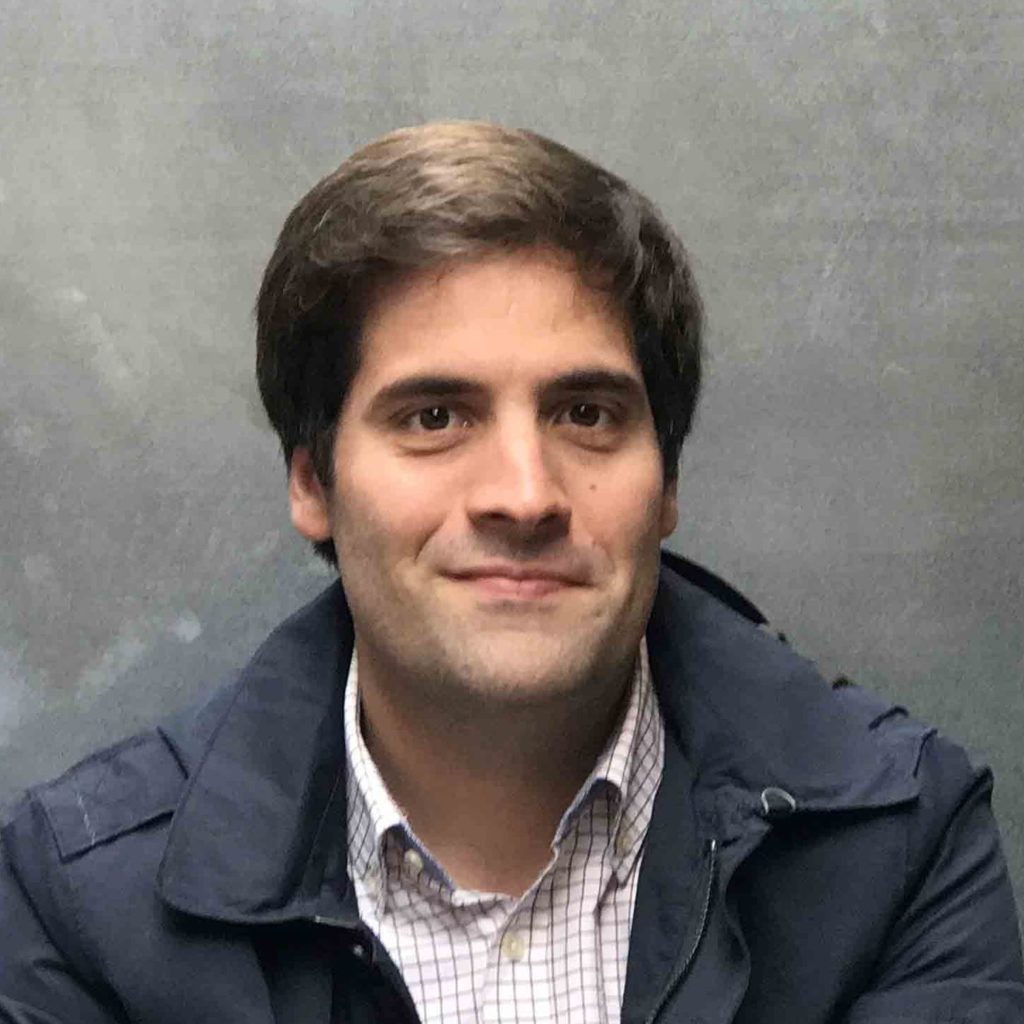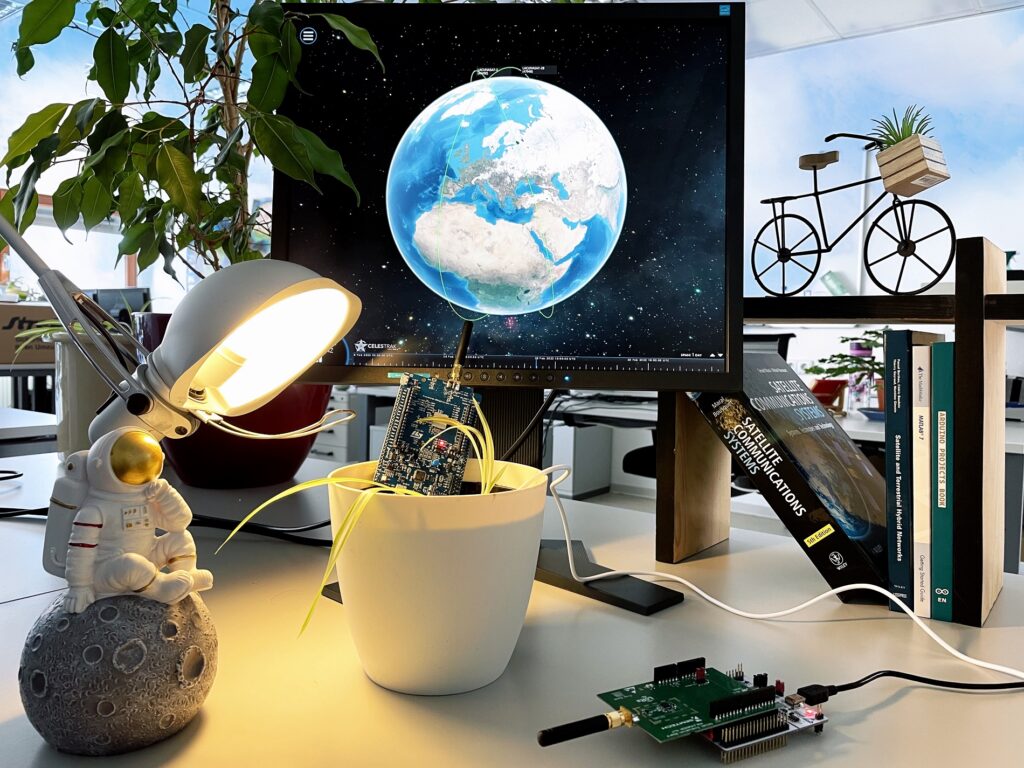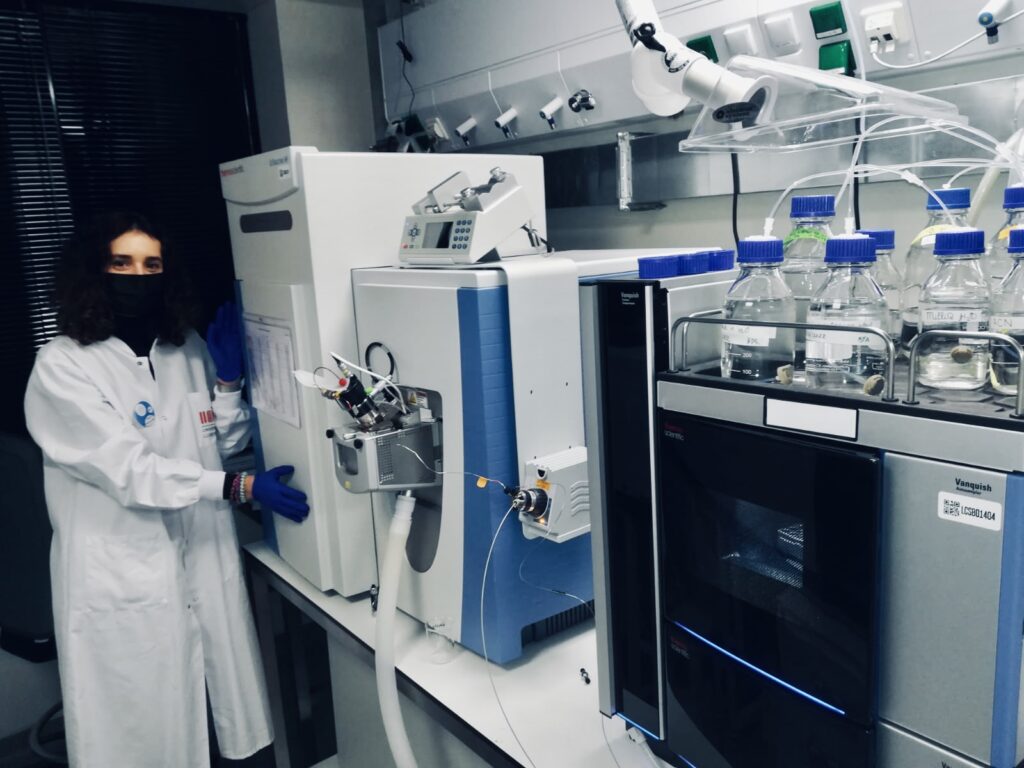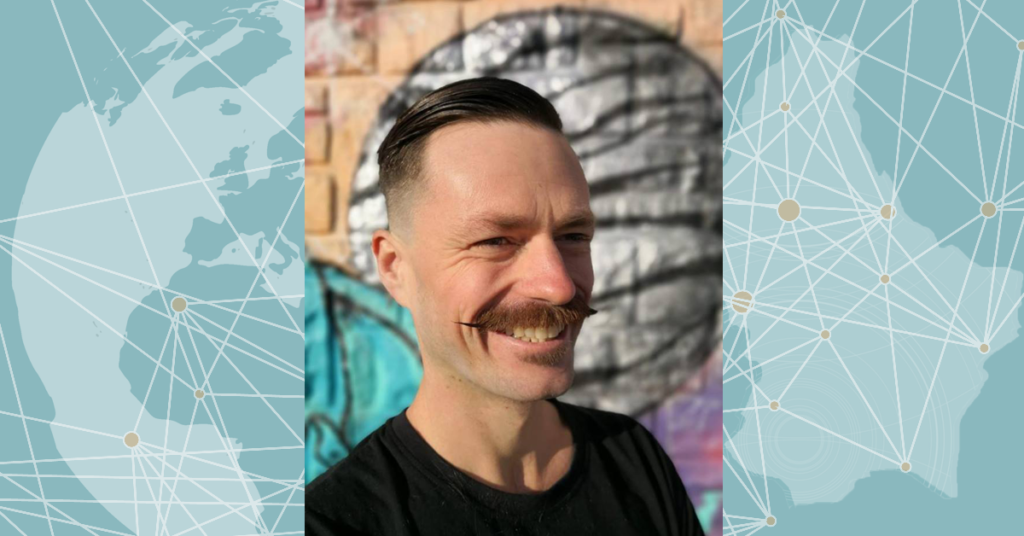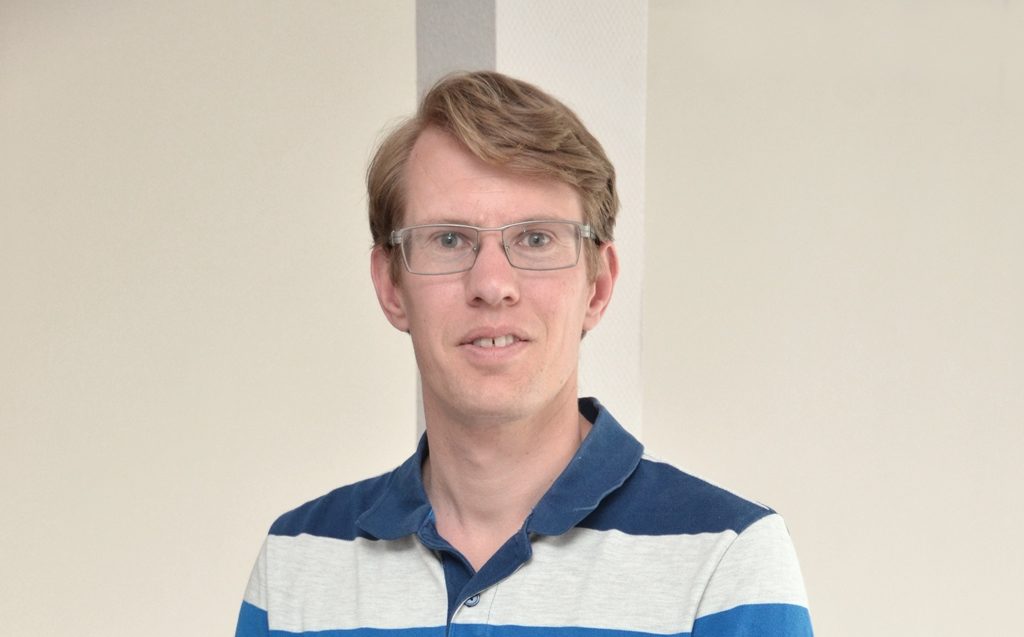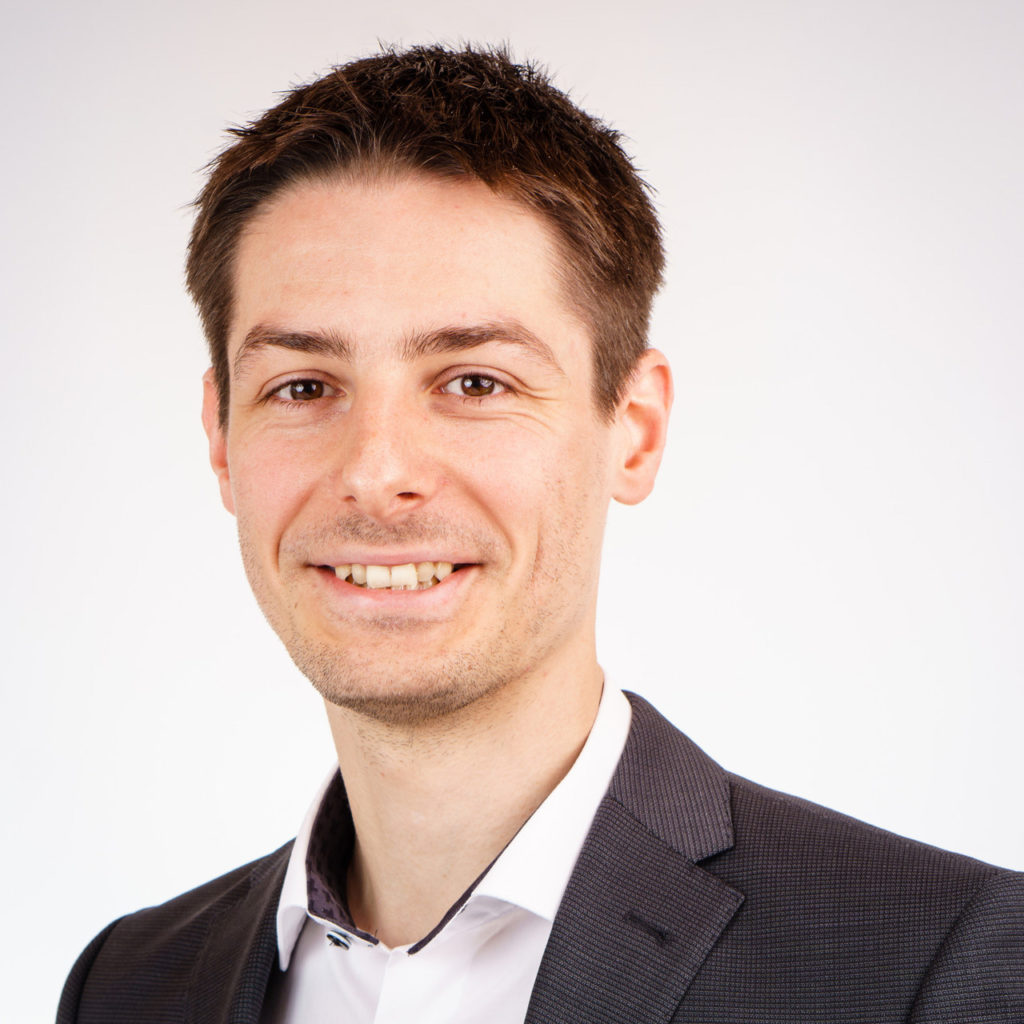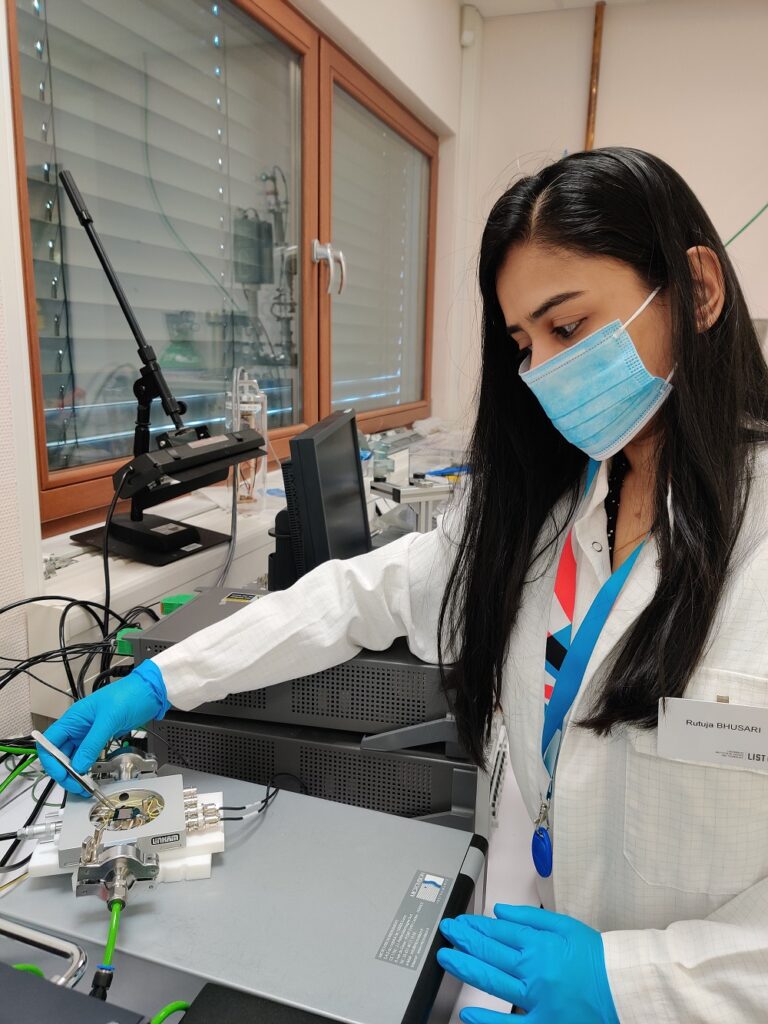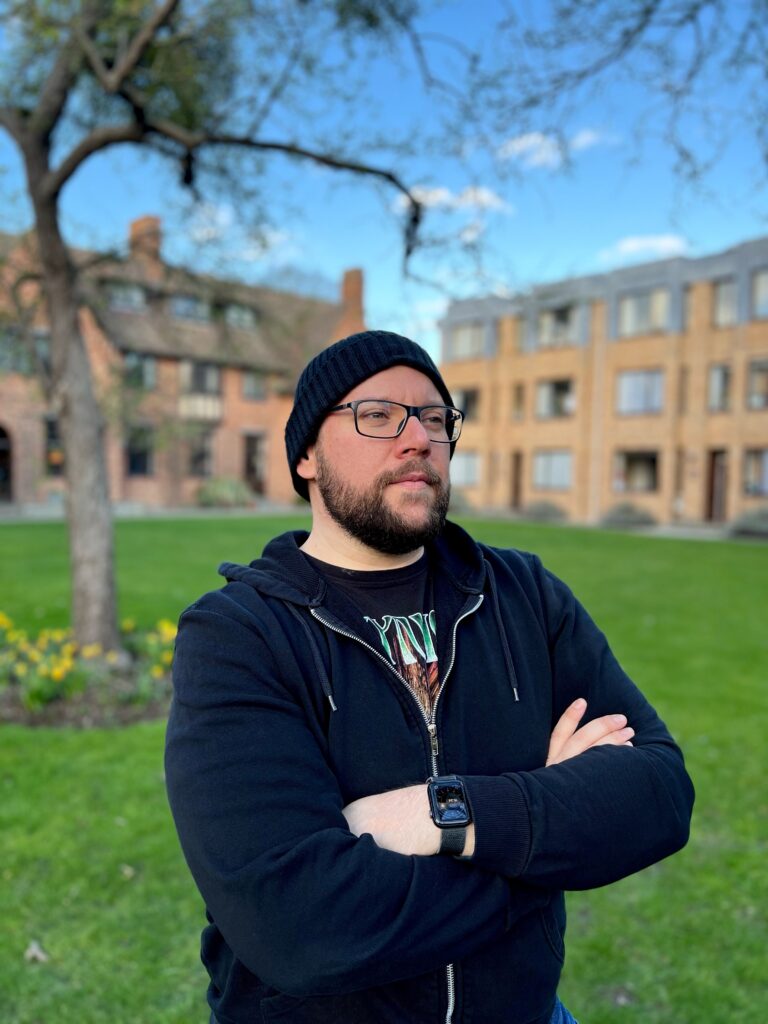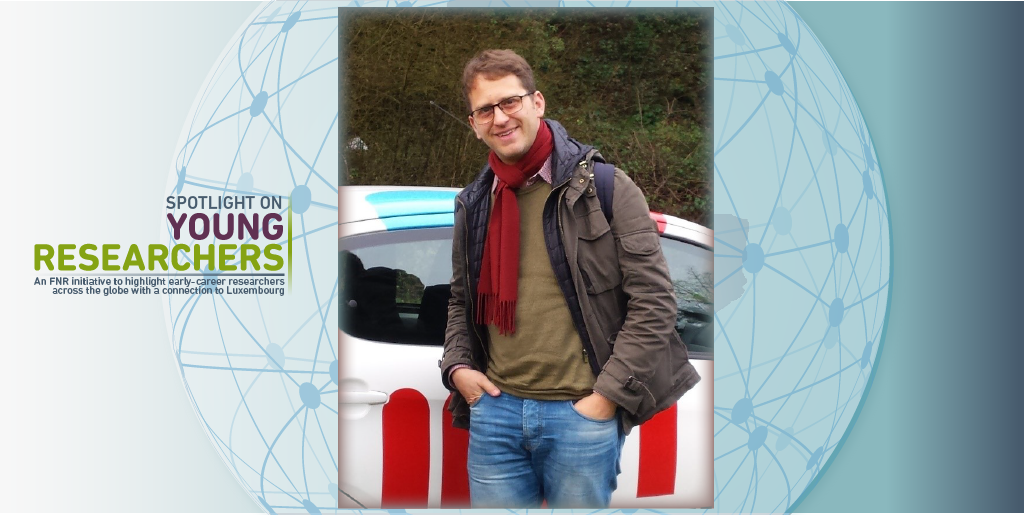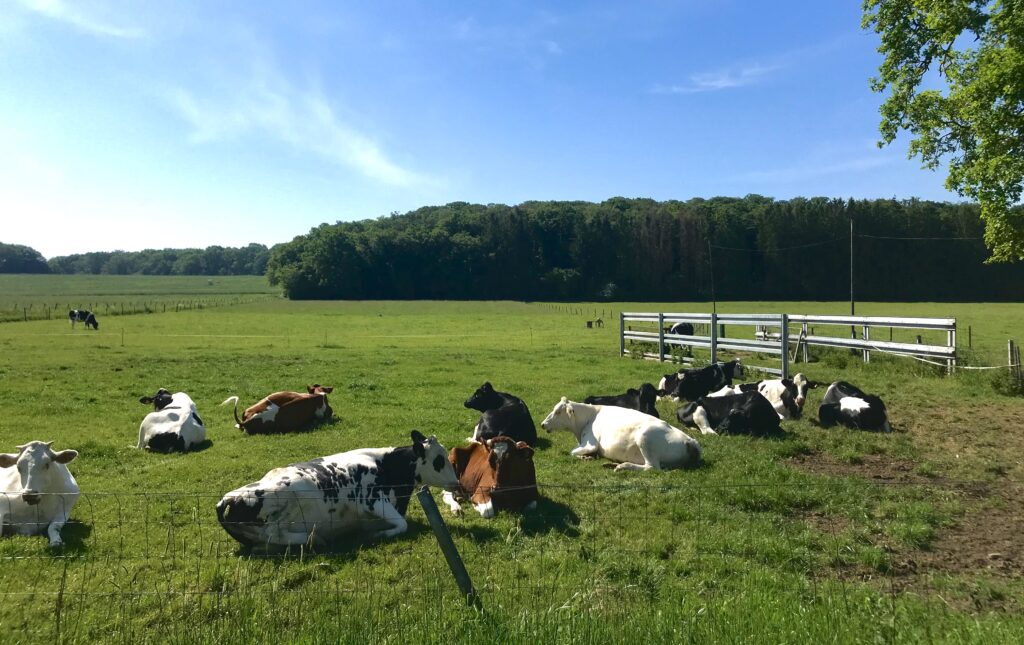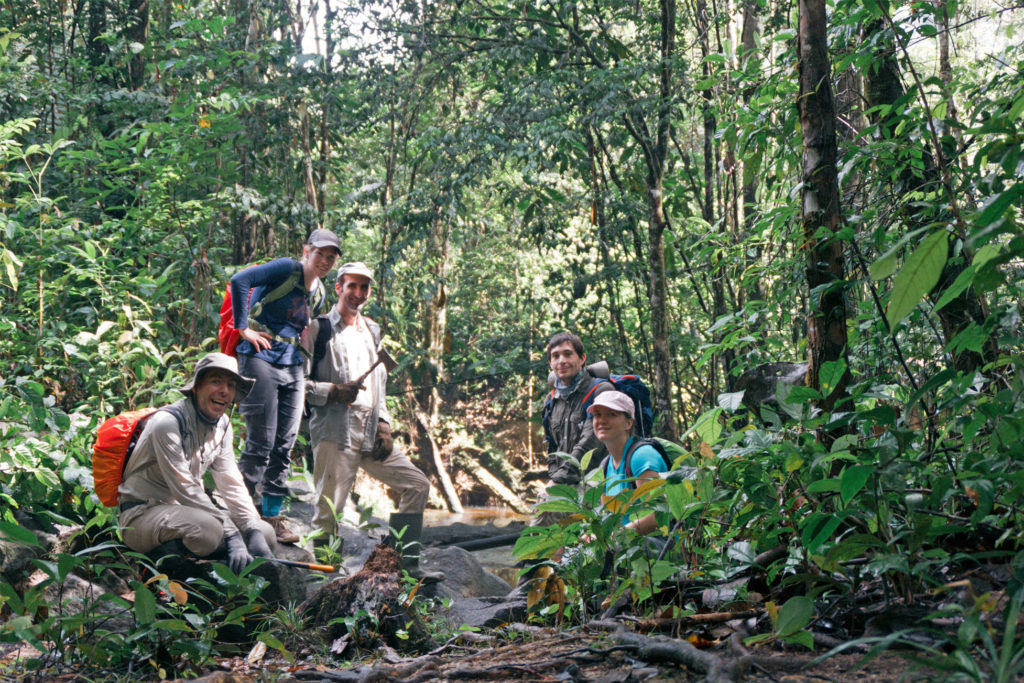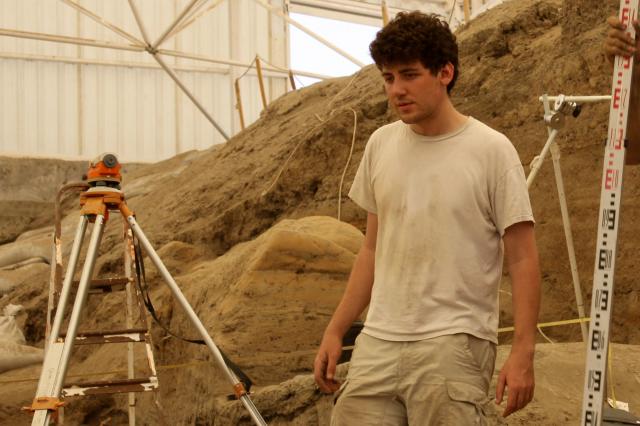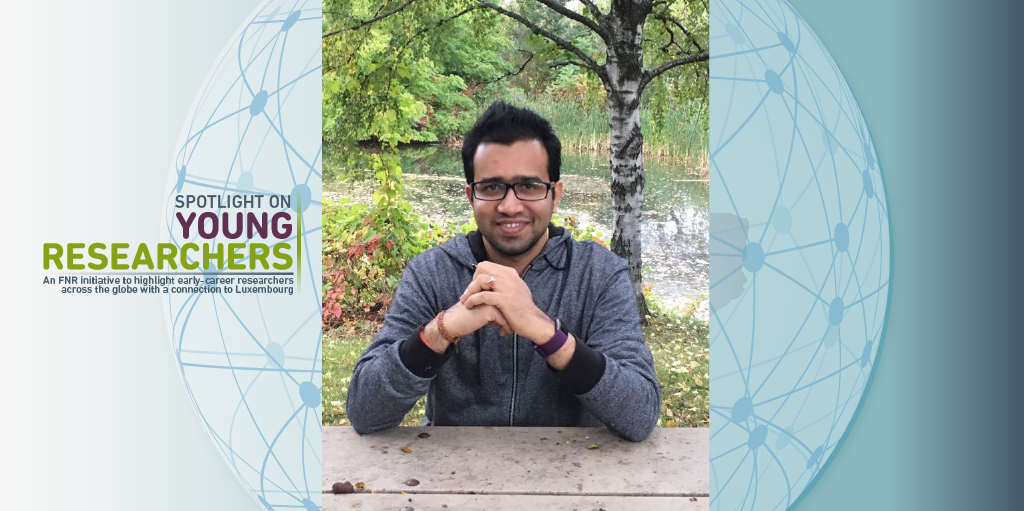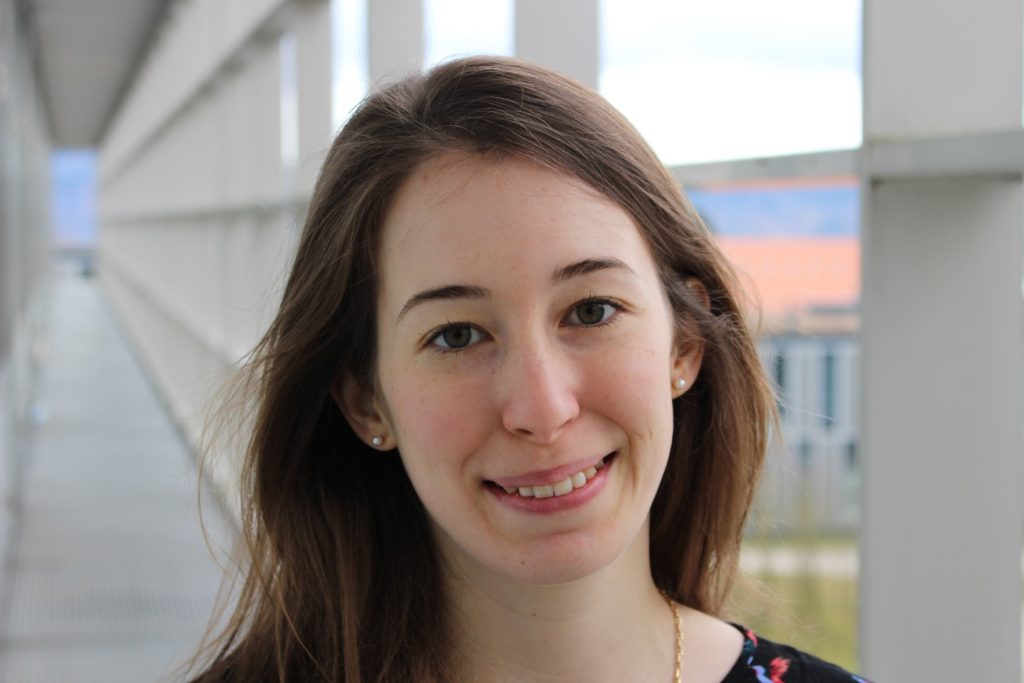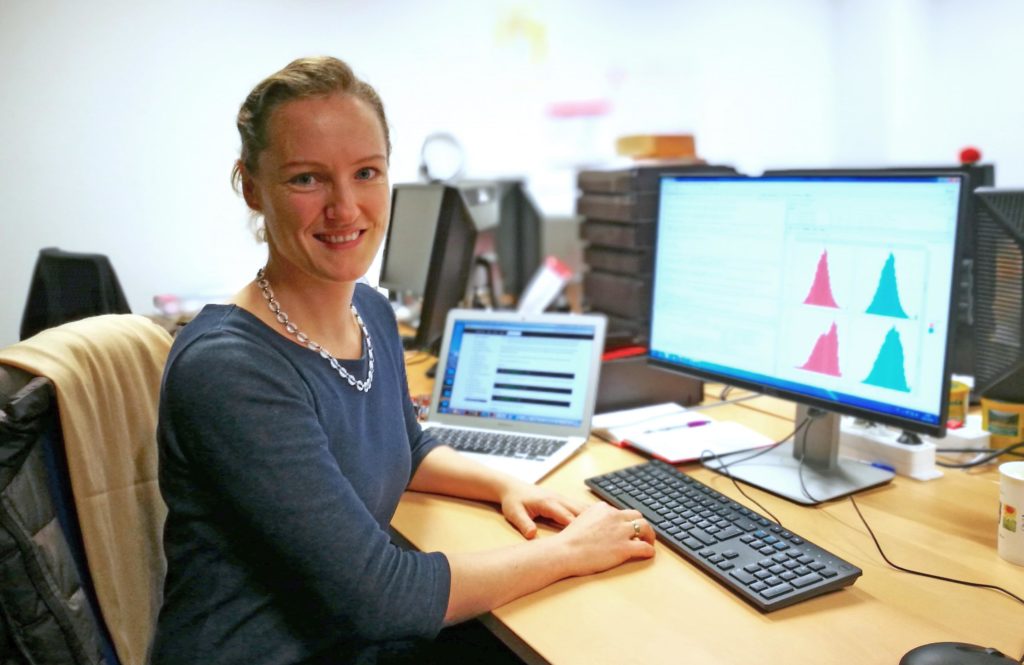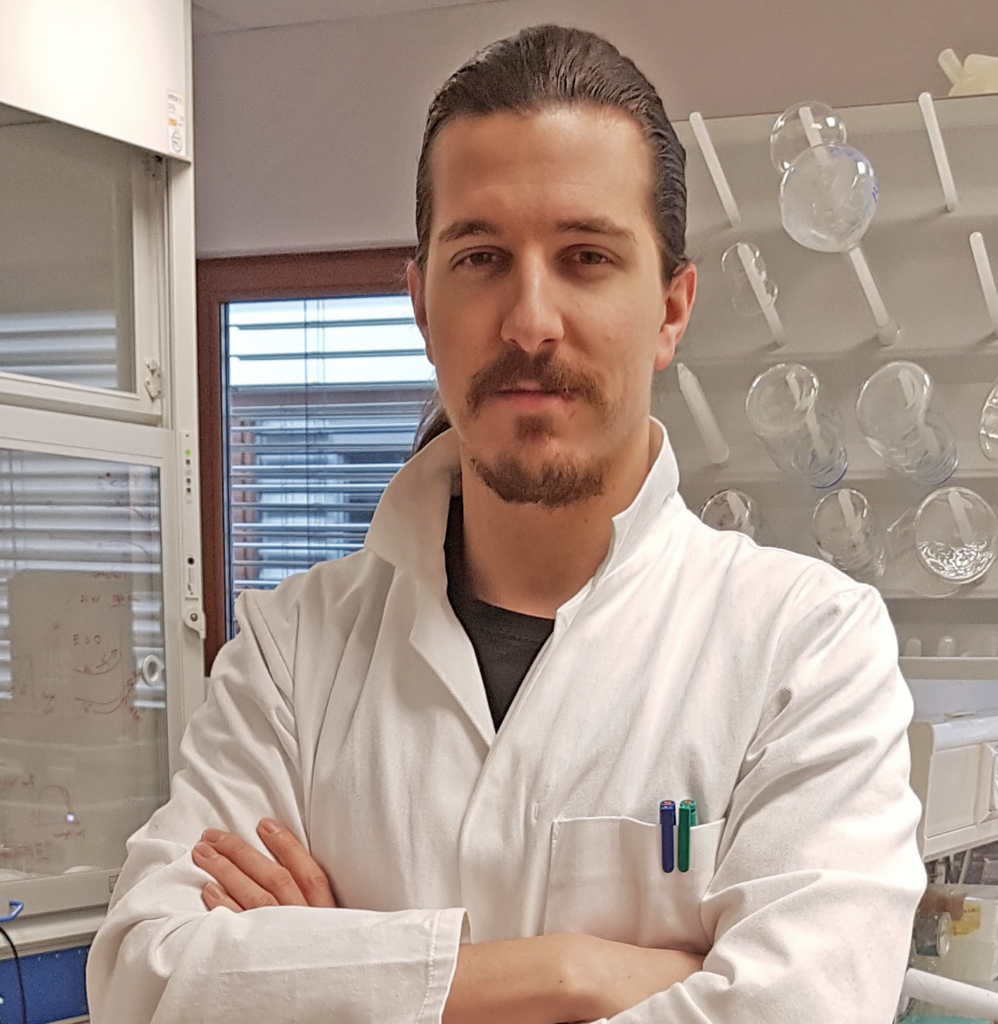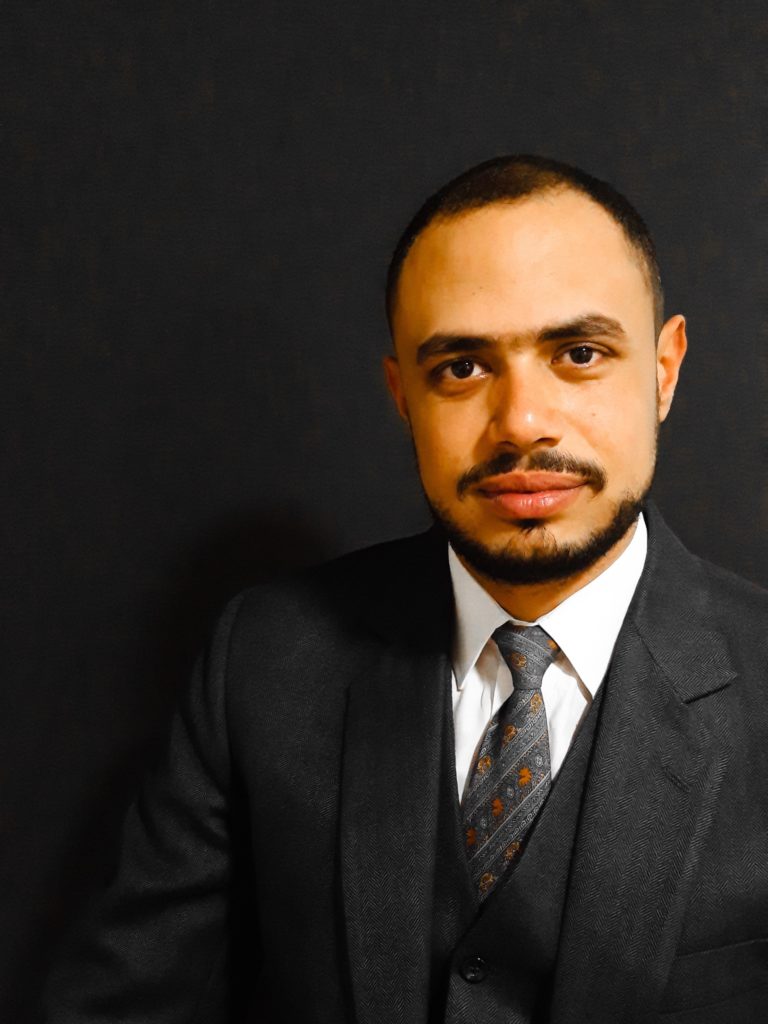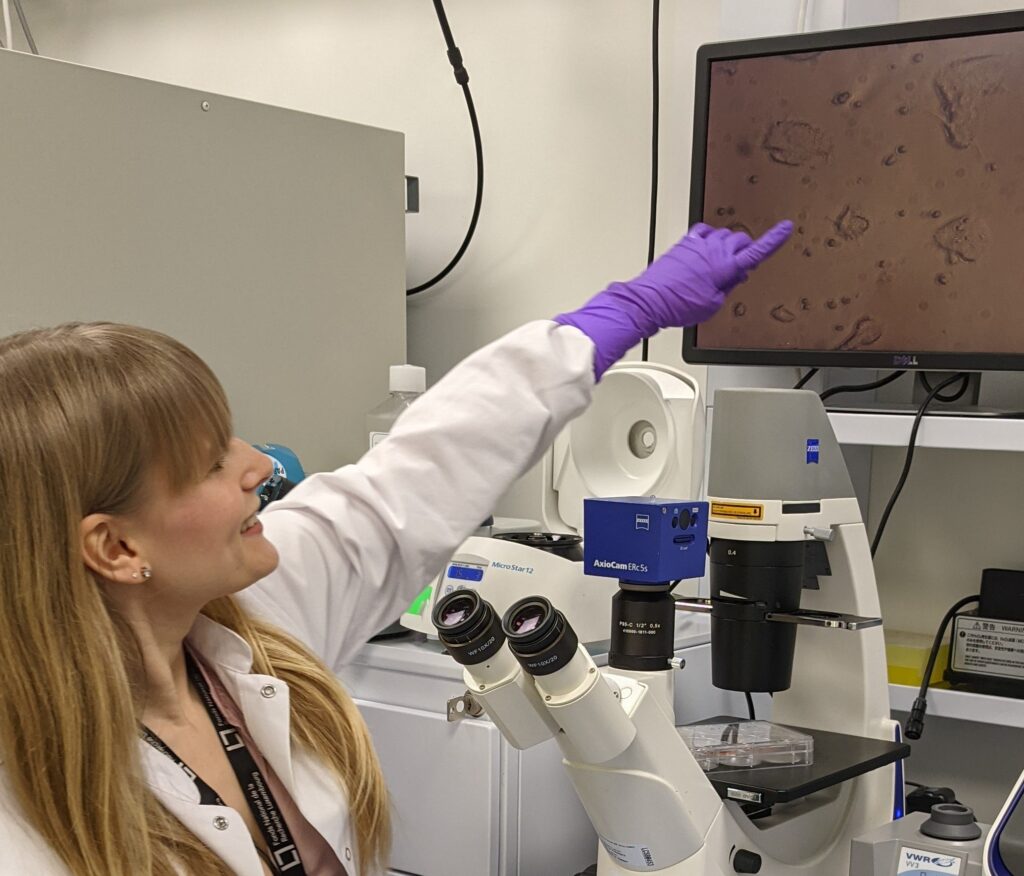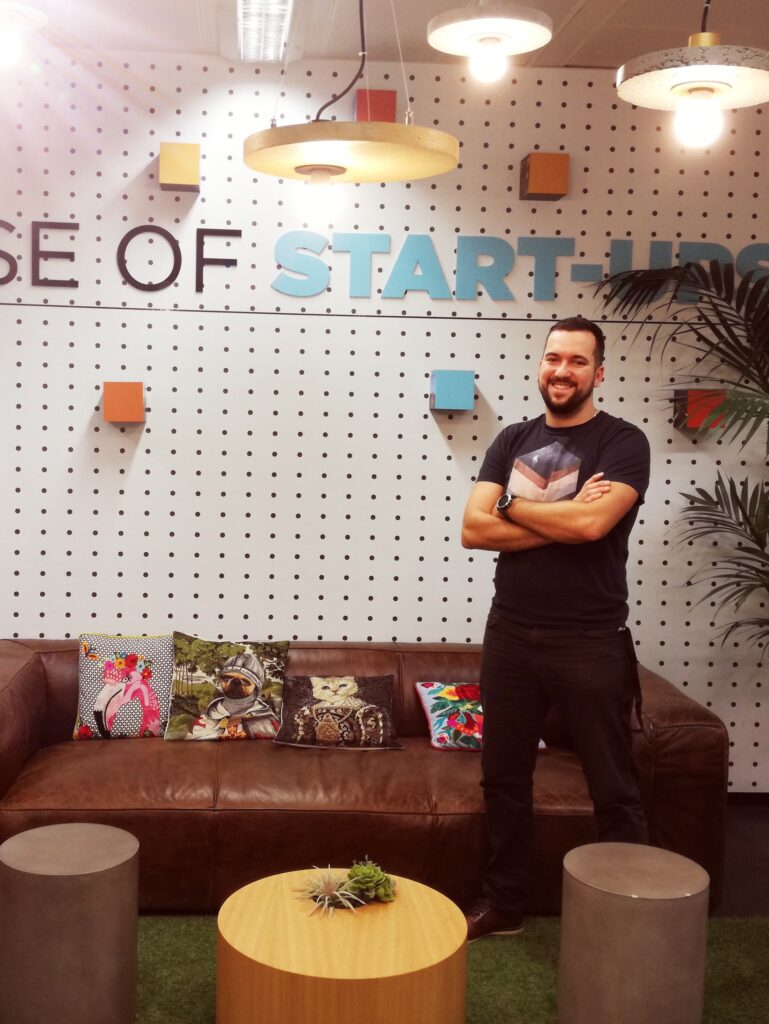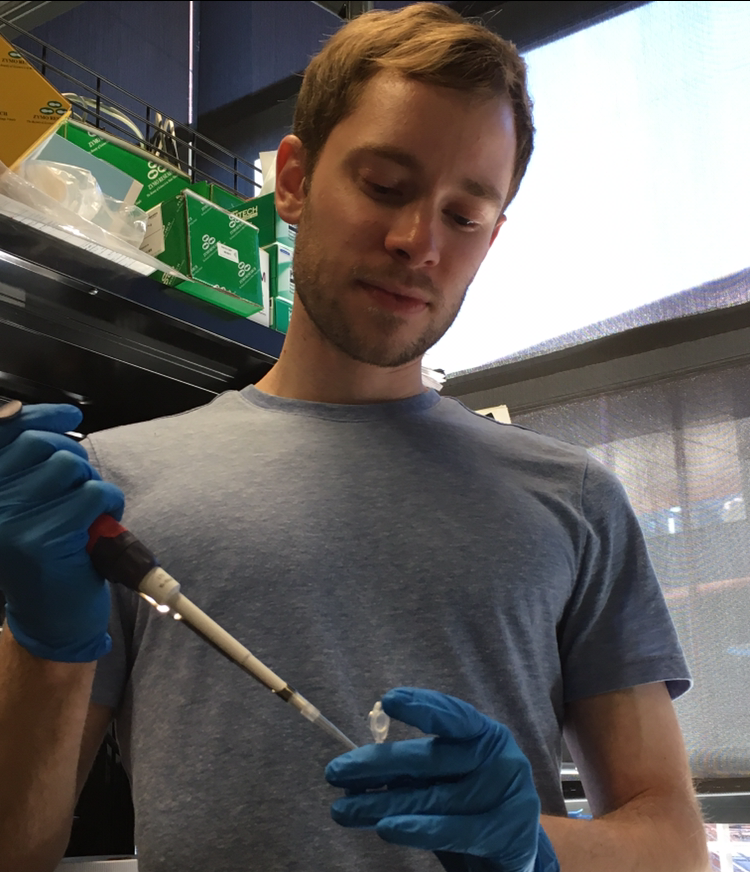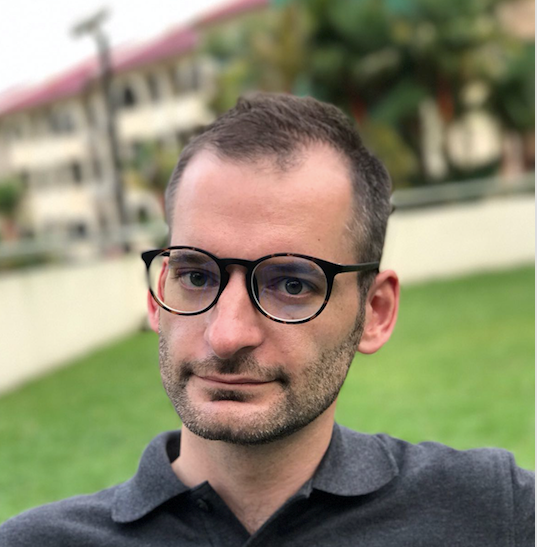
Thomas Schaubroeck specialises in sustainability assessment of products. We speak to the Belgian national about the research he is undertaking in the framework of an Industrial Fellowship between the Luxembourg Institute of Science and Technology (LIST) and company Tarkett; how working with industry differs from academia; and how he hopes his research can help industry steer toward a more sustainable future.
In a nutshell, who is your industry partner Tarkett and how does your research fit with the company?
“The flooring company Tarkett and other industries strive towards sustainable business models for recycling and reusing products. I intend to help them by assessing the environmental impact and profitability of these. Concretely, I improve and apply a method called Life cycle assessment (LCA) which entails the impact assessment over the complete life cycle of the product, in this case from flooring production until reuse or recycling into new flooring.”
How did your collaboration come to be and what are you working on specifically?
“My research group, headed by Enrico Benetto, at the Luxembourg Institute of Science and Technology (LIST) is specialized in this particular field. Tarkett has already invested many efforts into obtaining circular solutions, and yet considerably recycles flooring installation cutoffs.
“Specifically, I collaborate with the R&D Unit of Tarkett at Wiltz. Challenges for the assessment are the consideration of the complete life cycle chain and the coverage of different loops of the recycling or reuse over time and related flows of waste handling at a regional level.
“I am improving LCA and at the same time applying it to business models for PVC flooring of Tarkett. The idea is to also provide knowledge and tools that could then be used for different cases and by other industries.”
You are based both at LIST and Tarkett – what does your collaboration look like in practice, for example are you based in one or two locations?
“I am mainly based at LIST at the Belvaux site but frequently visit the R&D site at Wiltz of Tarkett. At Tarkett I have a main supervisor, Alain Casoli, who coordinates the collaboration with the company. We have already visited headquarters at France and Netherlands for feedback from sales and managerial departments on my research. Specialists from the company, a team of 4-5 people, were involved in the data collection and development of the analysis and related tool, through various rounds of feedback and meetings. At LIST side, feedback and collaboration with colleagues is also performed.”
In your opinion, how does doing your research in collaboration with an industry partner differ from working in academia?
“Working with industry is relevant and interesting in order to valorize your work and get direct feedback, e.g. in my case whether my assessment or tool is of value, clear and concrete enough. It also makes you aware of pragmatic factors that should be taken into account, e.g. whether data is readily available for the tool.
“I got the opportunity to better grasp the complexity of doing business, e.g. regarding legal constraints and taking into account the other stakeholders in the value chain. In my opinion, the academic environment allows for more fundamental and non-marketable research, which is also of relevance.
“Both academia and industry need to coexist, partially independently, but also should collaborate to valorize fundamental research into practical applications, which is typically done at an RTO such as LIST.”

R&D lies at the heart of innovation, but many companies do not have the know-how in all the required research areas. How do you think industry benefits from working with specialised researchers, such as yourself?
“Research can boost industry through its innovation and creativity. In my case, I aspire to help guide the company towards circular business models that are more profitable and environmentally friendly by presenting an improved assessment and tool. The direct partnership of industry with researchers speeds up their collaboration.
“More precisely, industry can provide direct constraints and information on what is desired from the researchers and their research. The researcher can swiftly inform and provide knowledge and technology that are both of value to the industry.
“Moreover, without direct collaboration, new knowledge and innovations might be overlooked by the industry and valorization and relevance for these overlooked by the researcher.”
This is not your first experience of working with an industry partner, can you share a bit about what you worked on before you came to Luxembourg and started this project?
“From 2010 to 2016, I worked at the Ghent University on the topic of environmental impact assessment of mainly industrial systems. More precisely, the development and application of the method Life cycle assessment, which covers the impact over the complete life cycle of a product.
“I was involved in collaborations with various industrial partners, ranging from a fish producer in Vietnam to a battery recycling company in Belgium. My PhD, defended in 2014, was on the specific topic of environmental impact assessment of wood production, from forest growth up until final disposal.
“After my PhD, I had the opportunity to stay for two more years at Ghent University to continue my research, teach classes as main lecturer and co-supervise PhD students, partially replacing a professor on sabbatical leave. I looked forward to a new experience at a strong research team to further my research and was happy to have found one in Luxembourg.”
Looking ahead, what impact do you hope your research can have, overall? Is there a particular question you want to answer during your career?
“I hope to provide concrete feedback on striking sustainability issues with the current state-of-the-art methodology. In my case, I help to point out sustainable flooring recycling or reuse business models for Tarkett.
“In general, sustainability assessment serves as a compass to guide industry and society towards a more sustainable future. My career ambition is to contribute to such an effort and, in the long run, look at the issue from a multidisciplinary perspective, including a social and philosophical viewpoint.
“The vagueness of the concept “sustainability” is a hurdle and I hope to realign it with a concept that covers what people currently value and need. In other words, sustainability assessment will characterize the effect on the well-being of current society, related to the fulfilment of those needs (indirectly including protecting nature).
“Based on this, I want to help developing a multidisciplinary global model (integrating physical, economic and social models-alike) that covers changes in global cause-effect chains on human needs, which would eventually also be practically usable by industry and society for common questions. Society needs strong IT-support on this matter since the forecasting of complex global cause-effect chains goes beyond the capabilities of the human mind.”
More information about this project: https://www.list.lu/en/research/project/florec/
About Spotlight on Young Researchers
Spotlight on Young Researchers is an FNR initiative to highlight early career researchers across the world who have a connection to Luxembourg. The campaign is now in its 4th year, with 45+ researchers already featured. Discover more young researcher stories below.
More in the series SPOTLIGHT ON YOUNG RESEARCHERS
- All
- Cancer research
- Environmental & Earth Sciences
- Humanities & Social Sciences
- Information & Communication Technologies
- Law, Economics & Finance
- Life Sciences, Biology & Medicine
- Materials, Physics & Engineering
- Mathematics
- Research meets industry
- Spotlight on Young Researchers
- Sustainable resource mgmt
- Women in science



